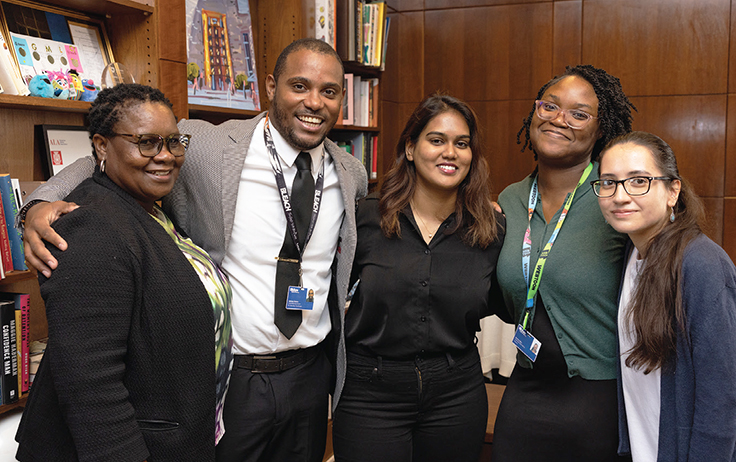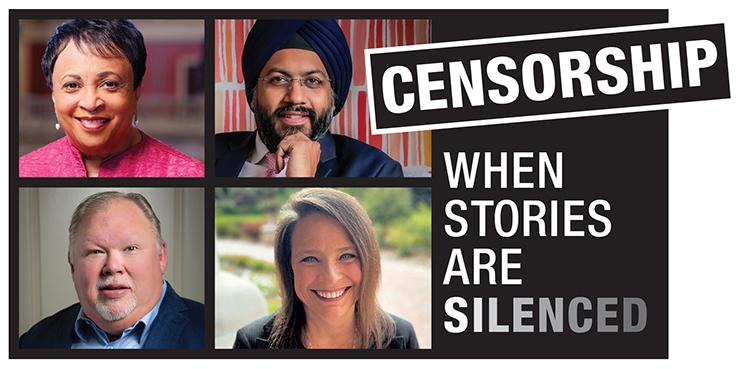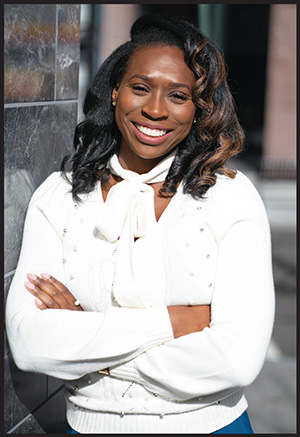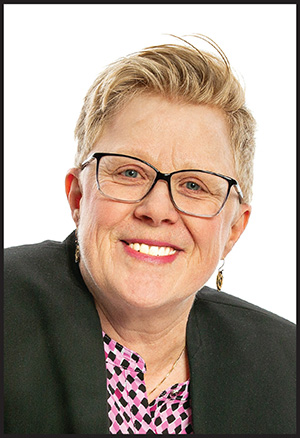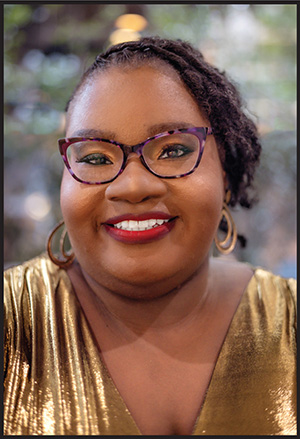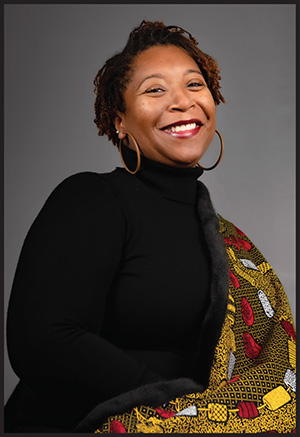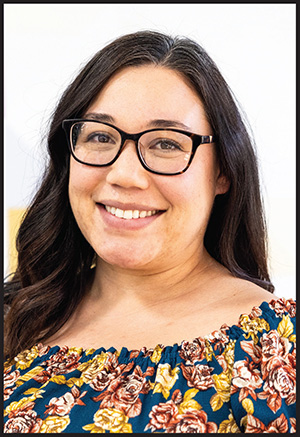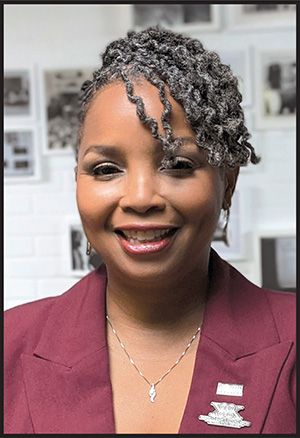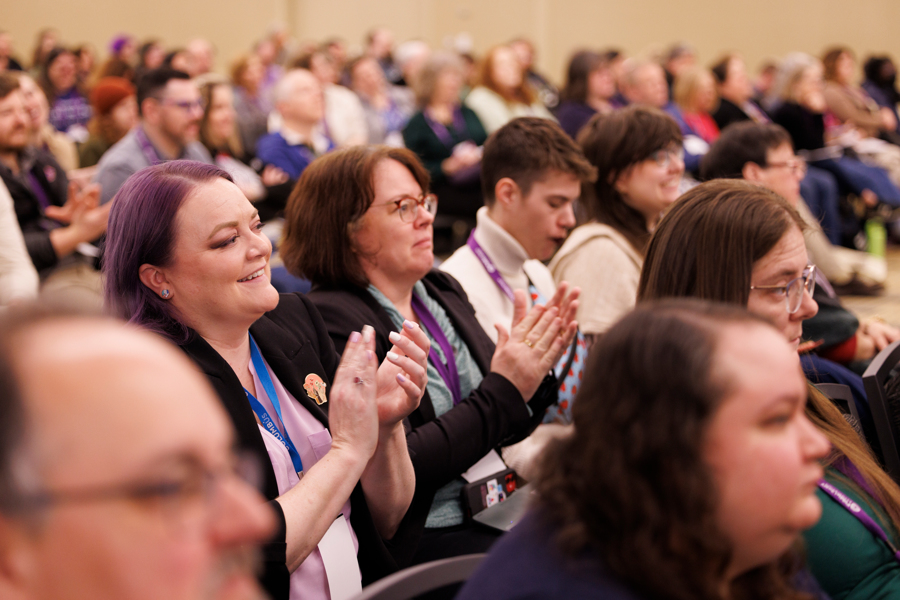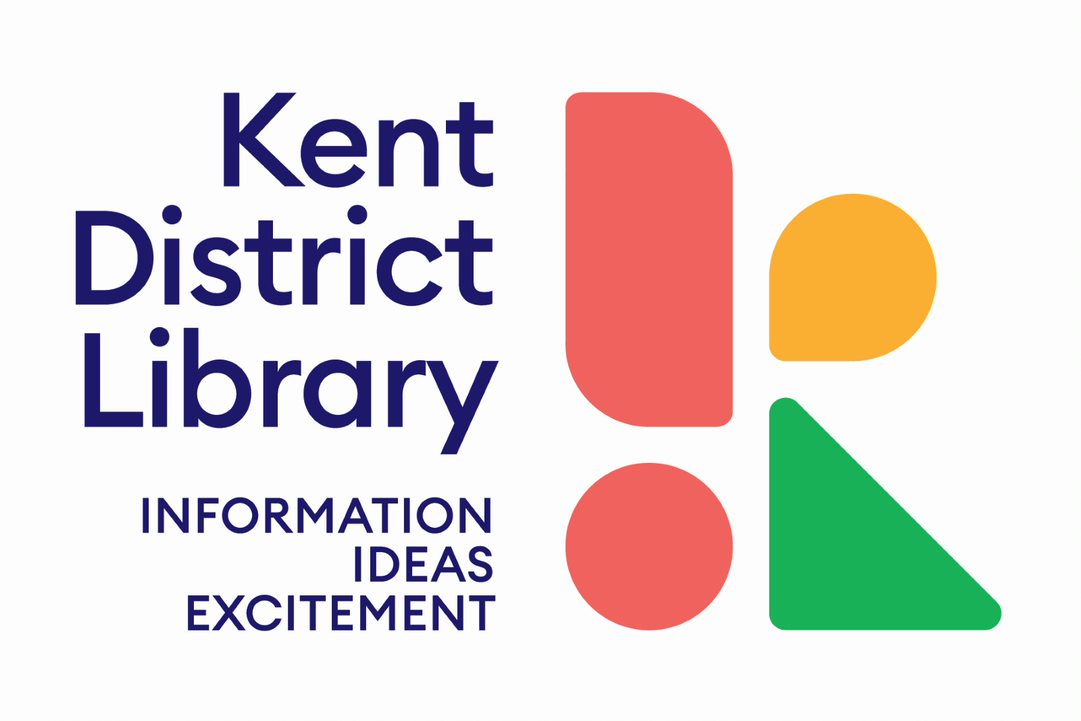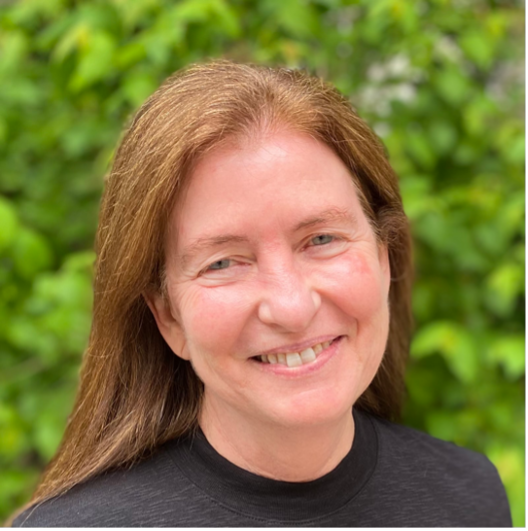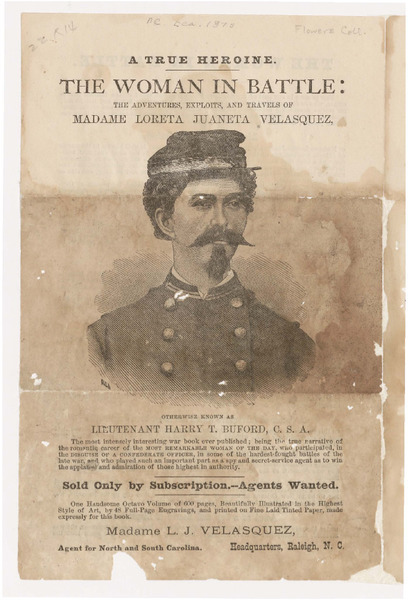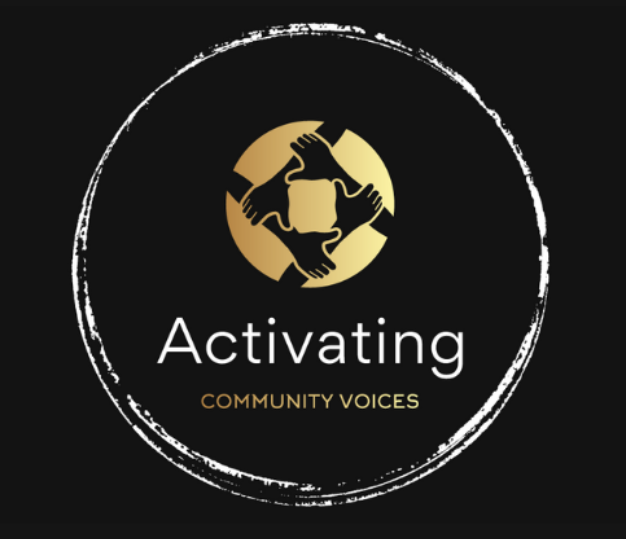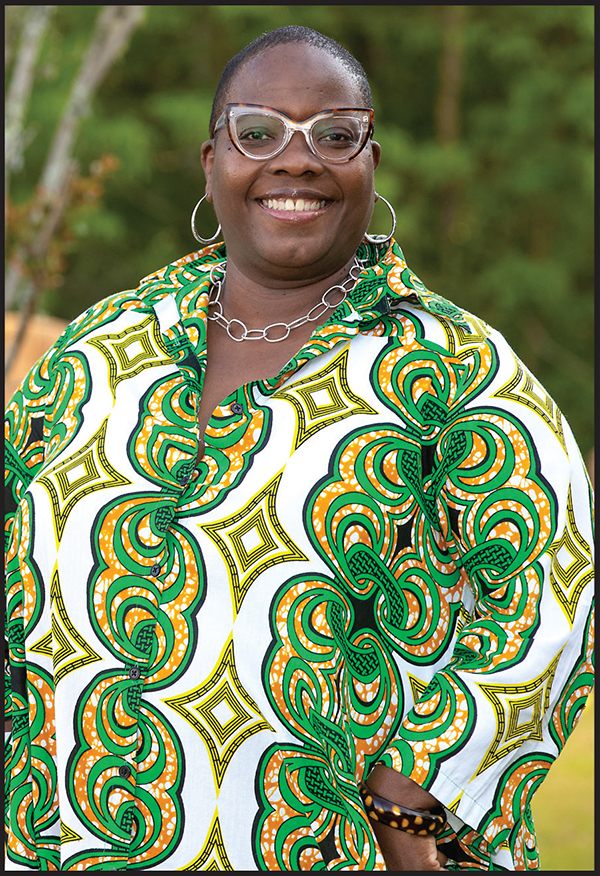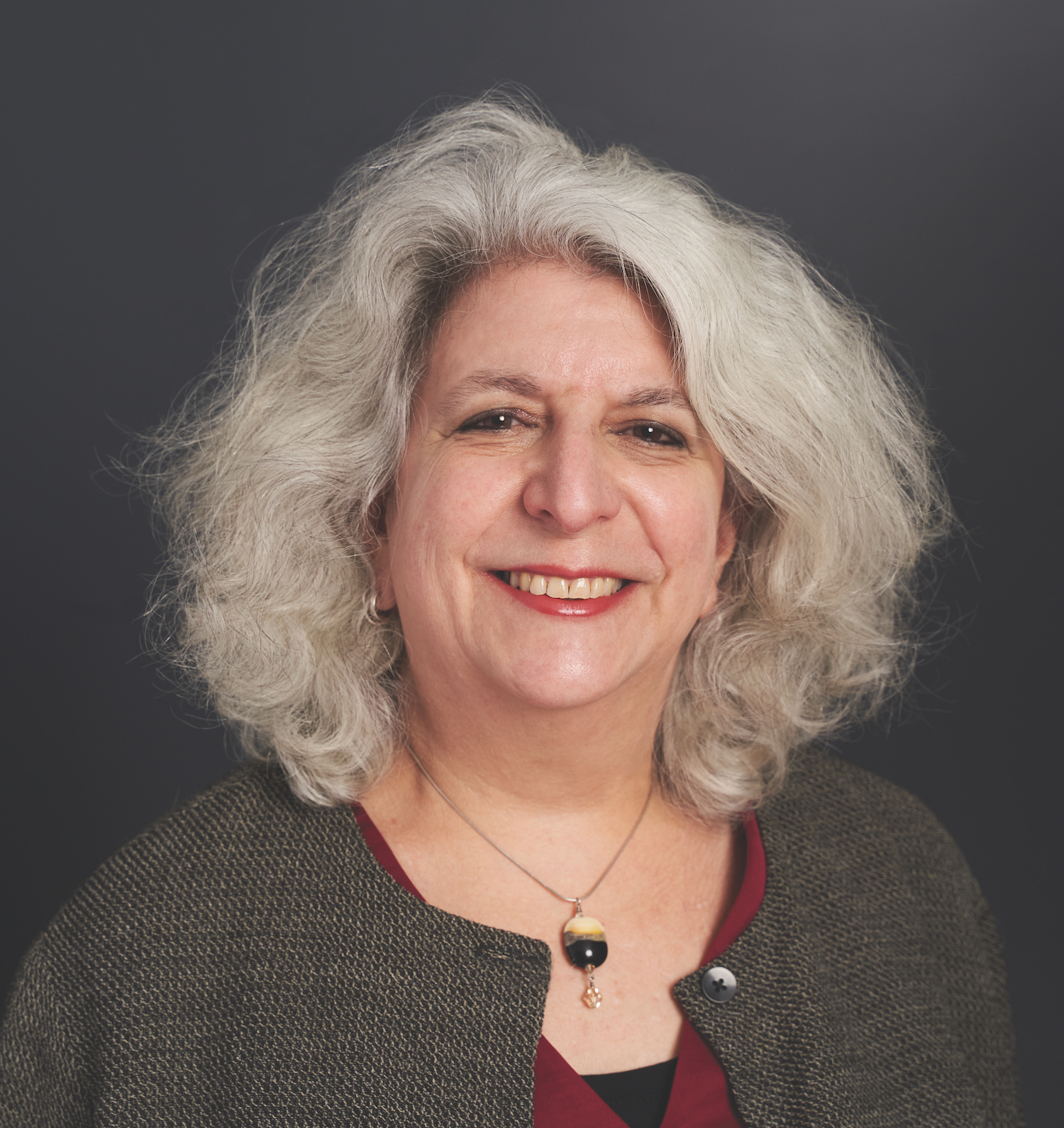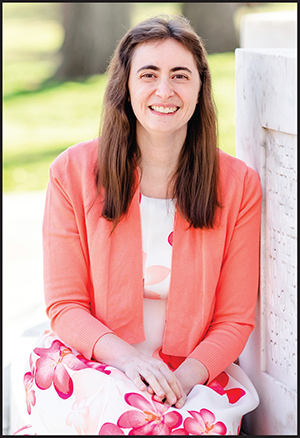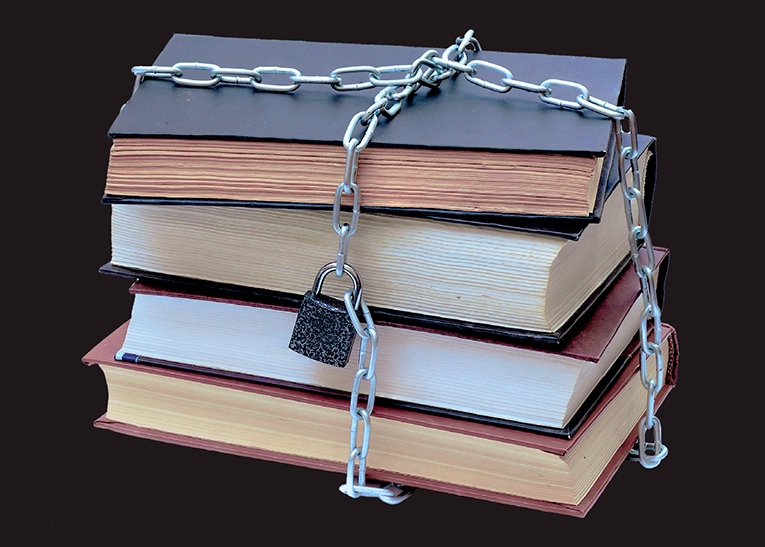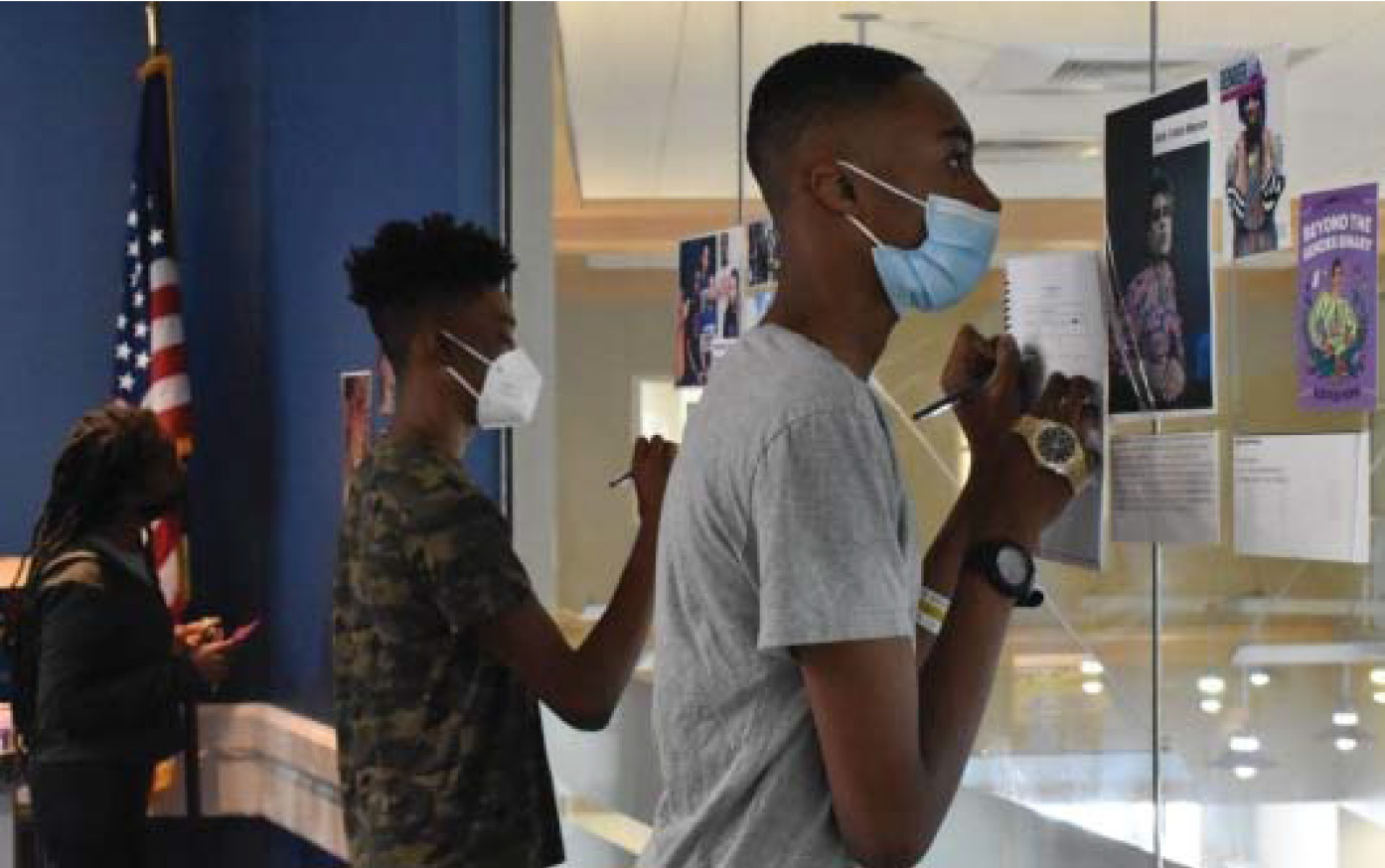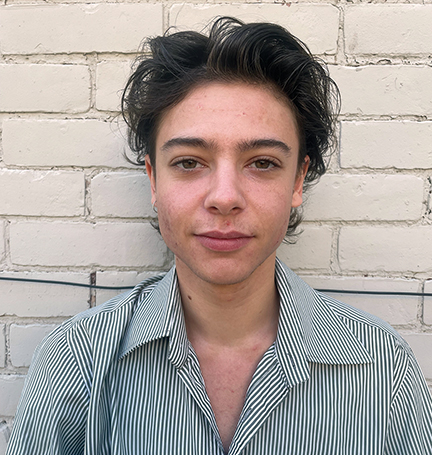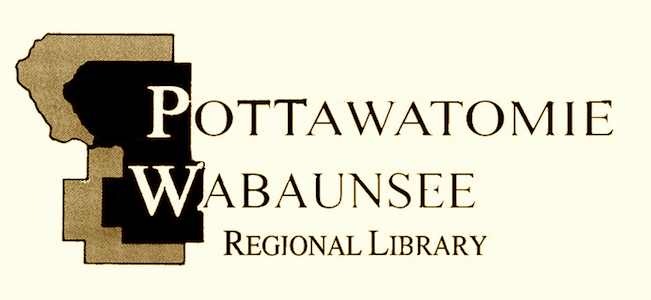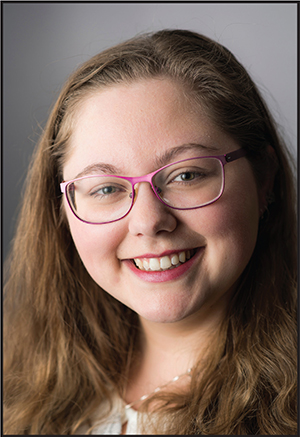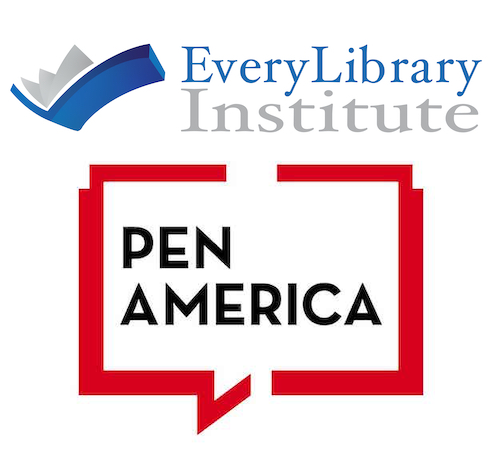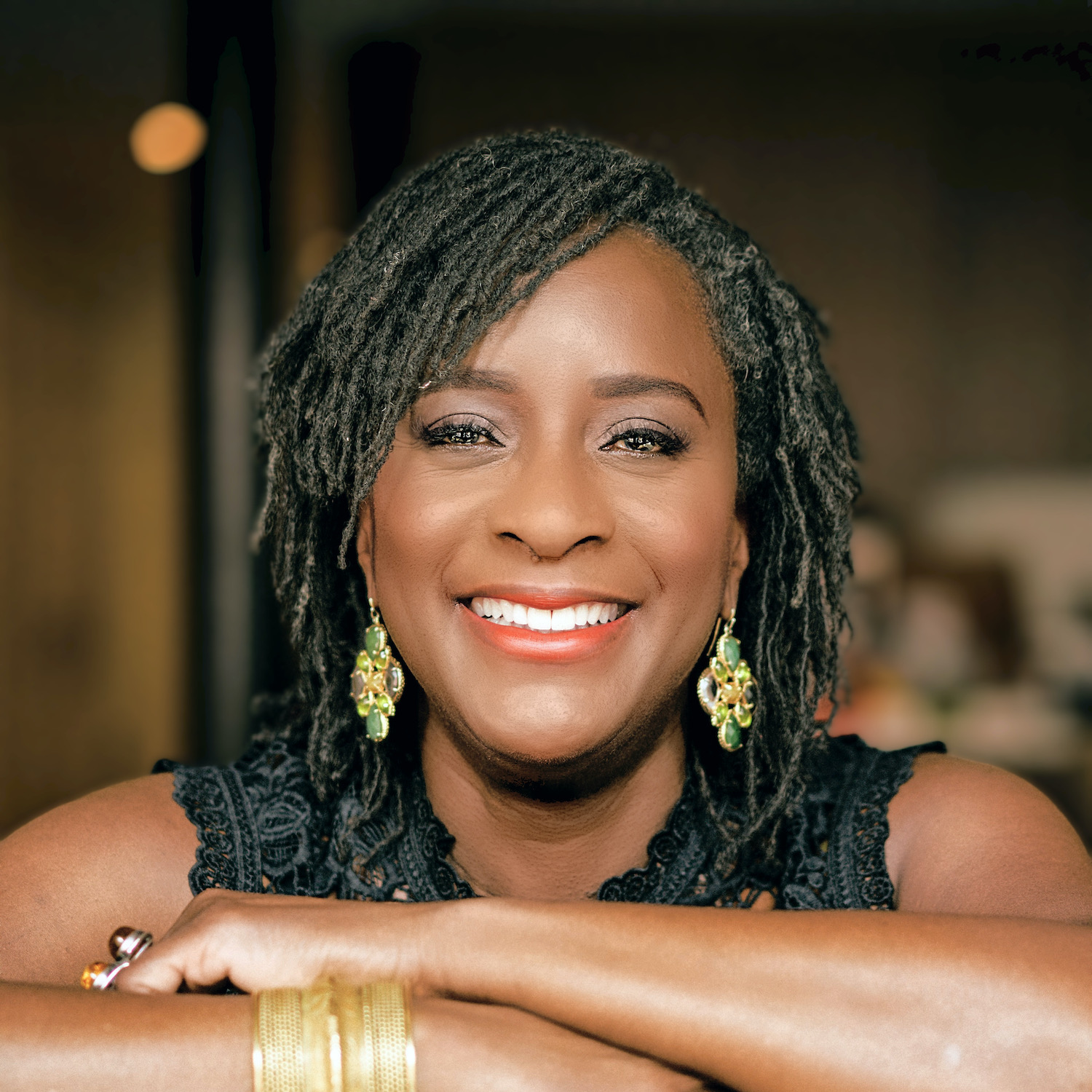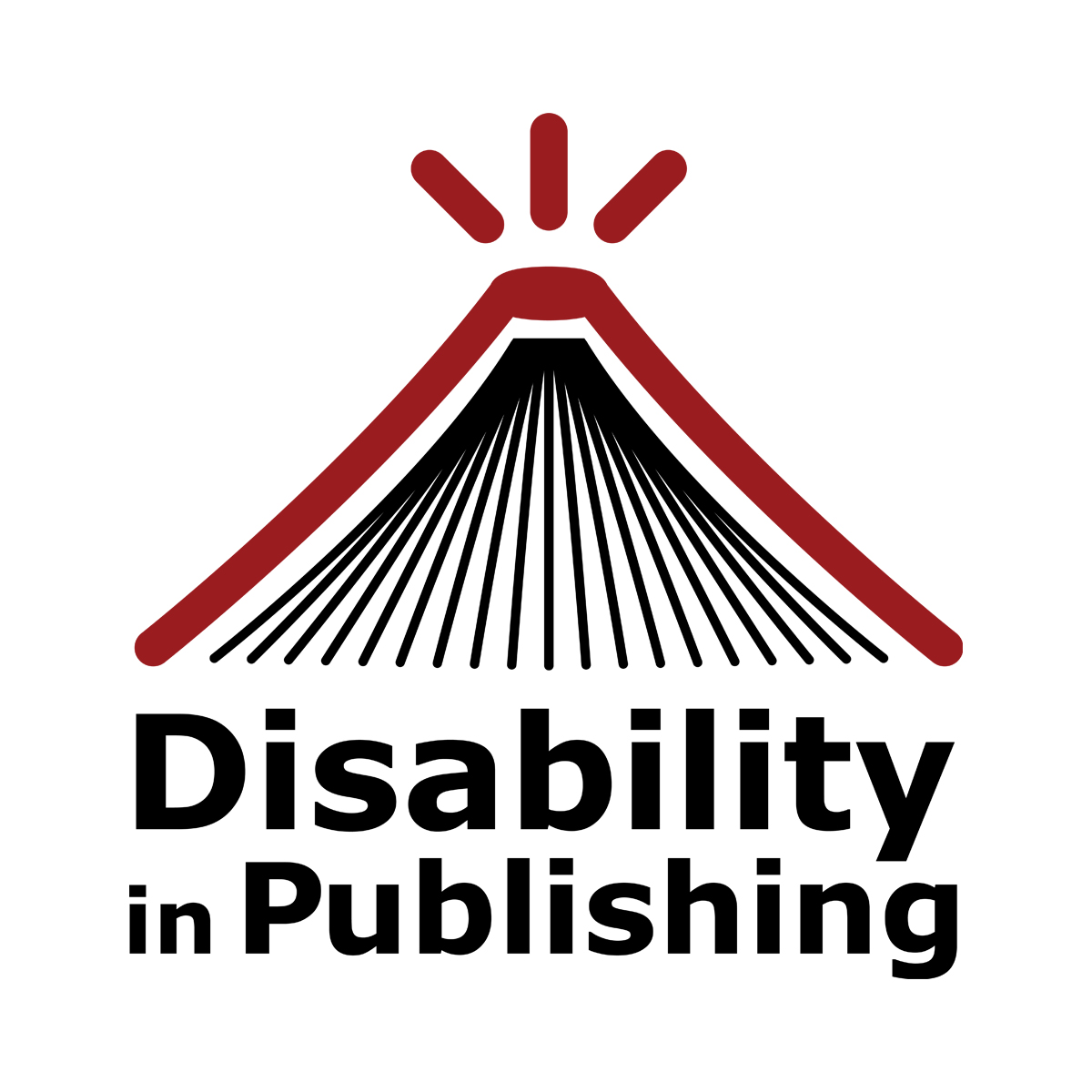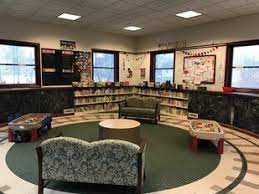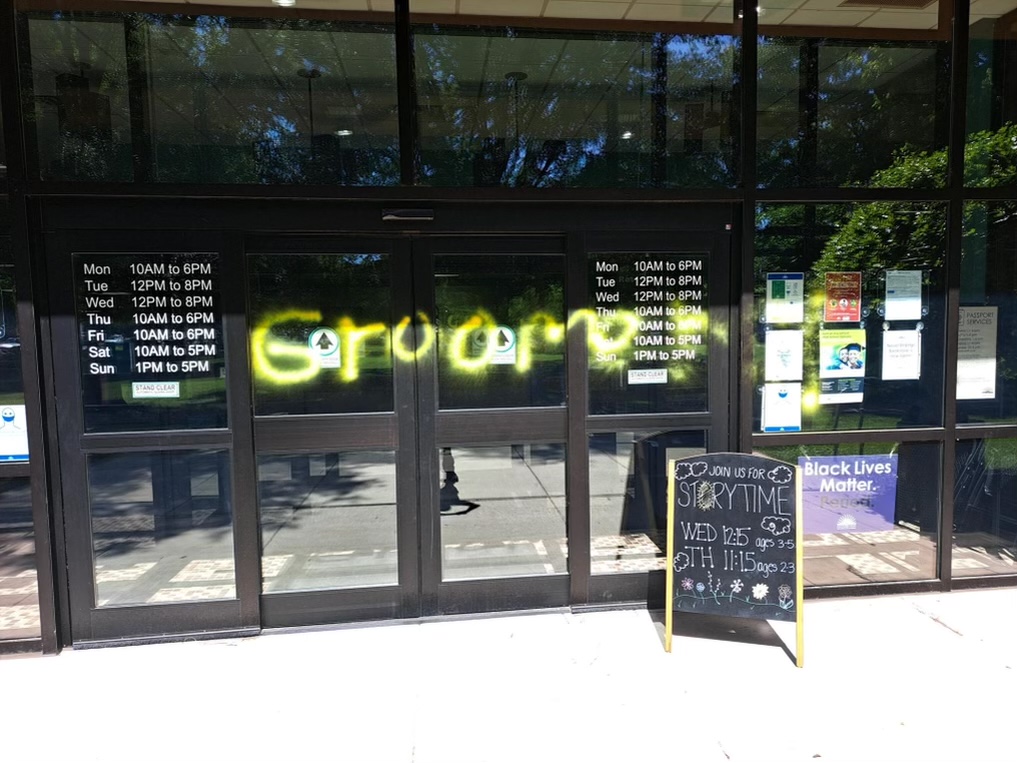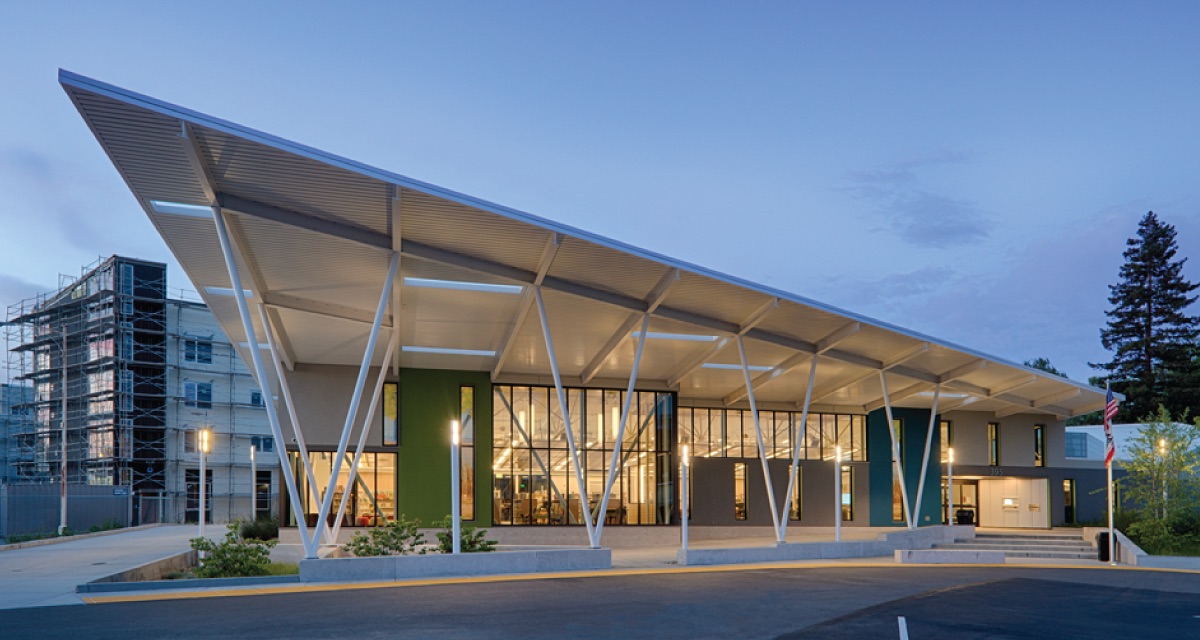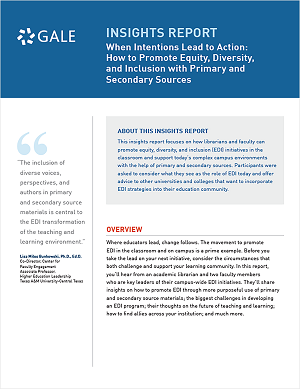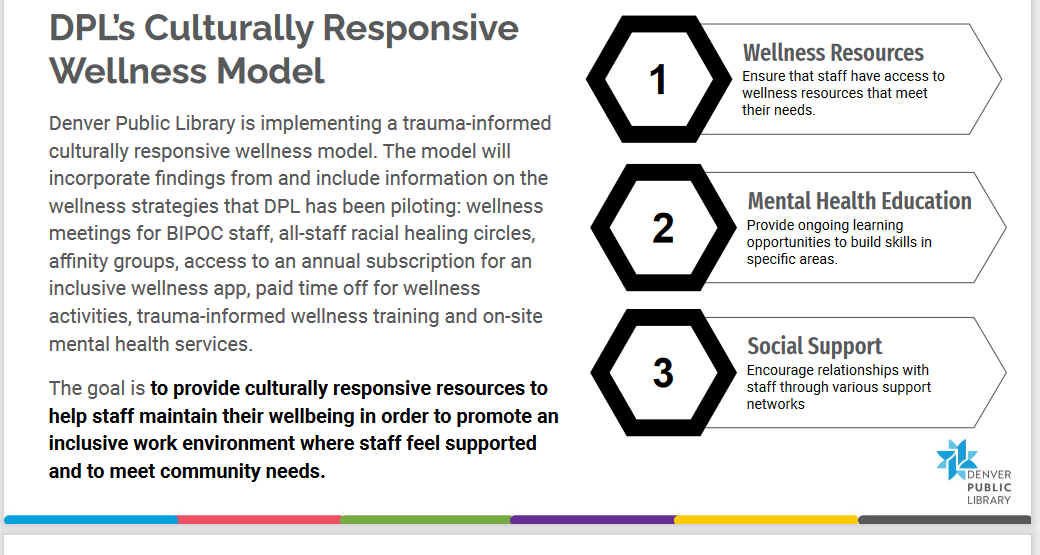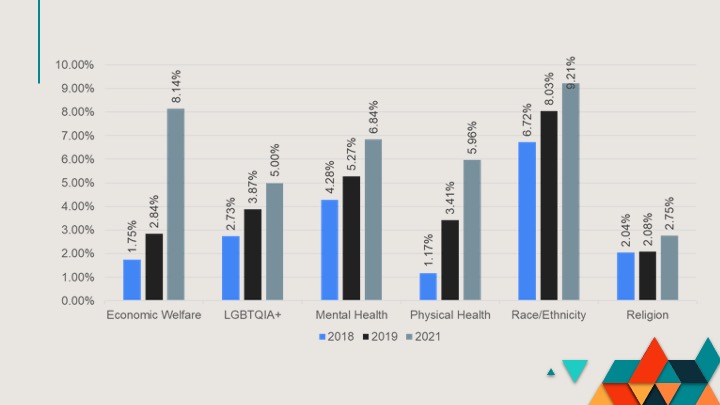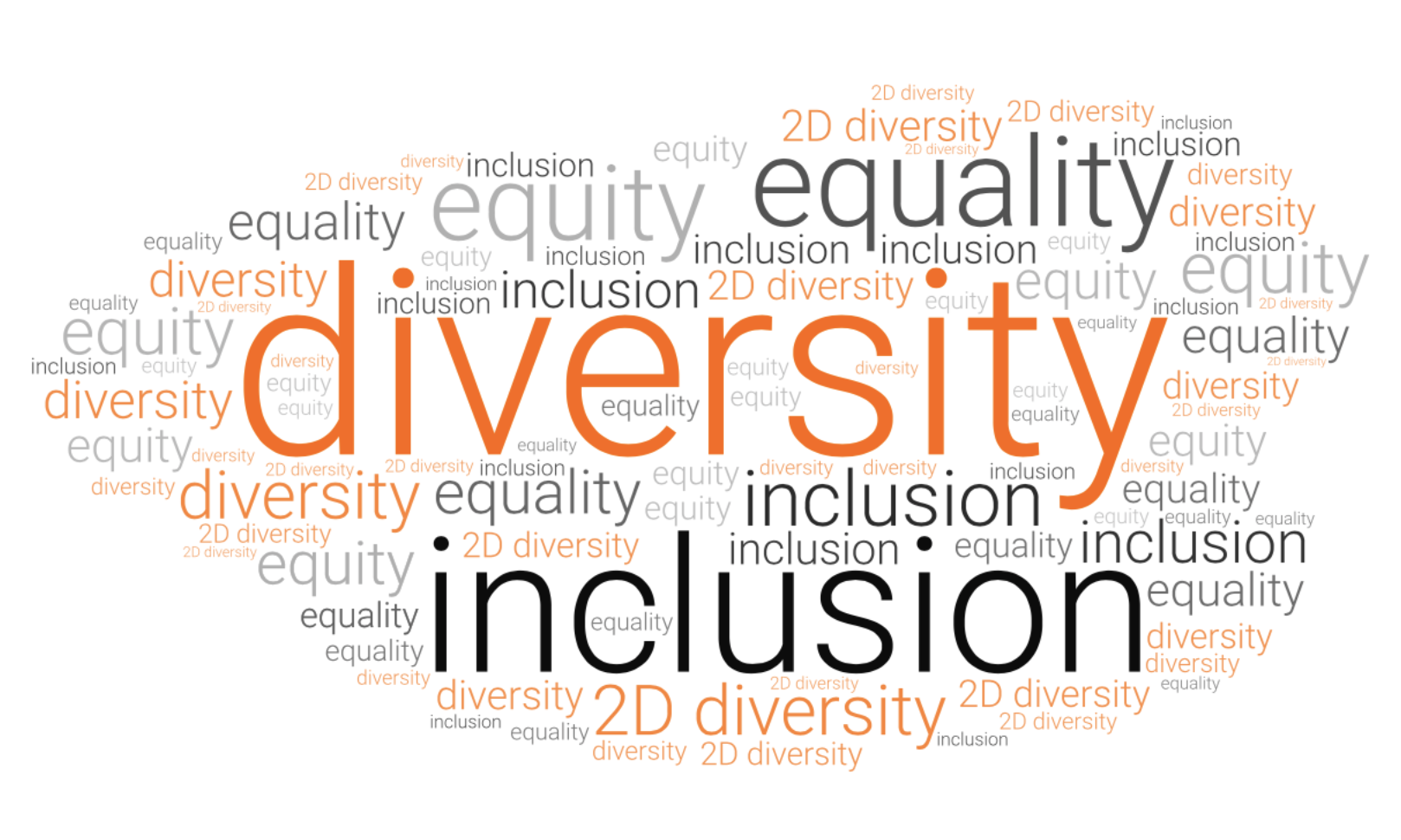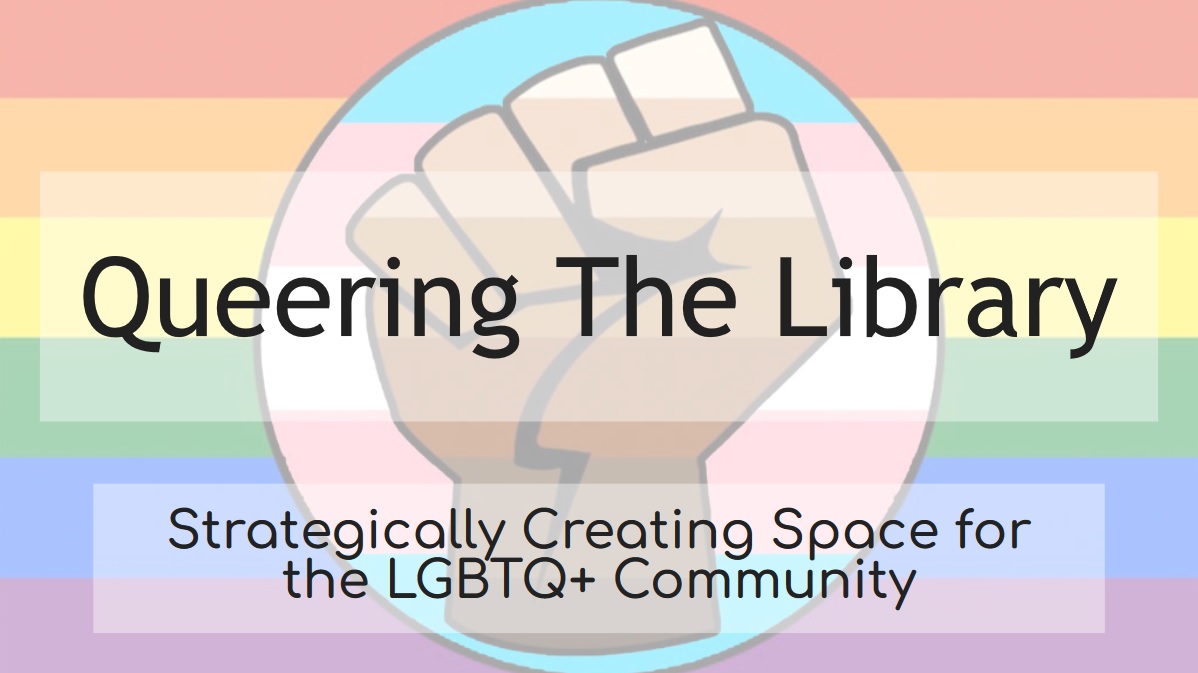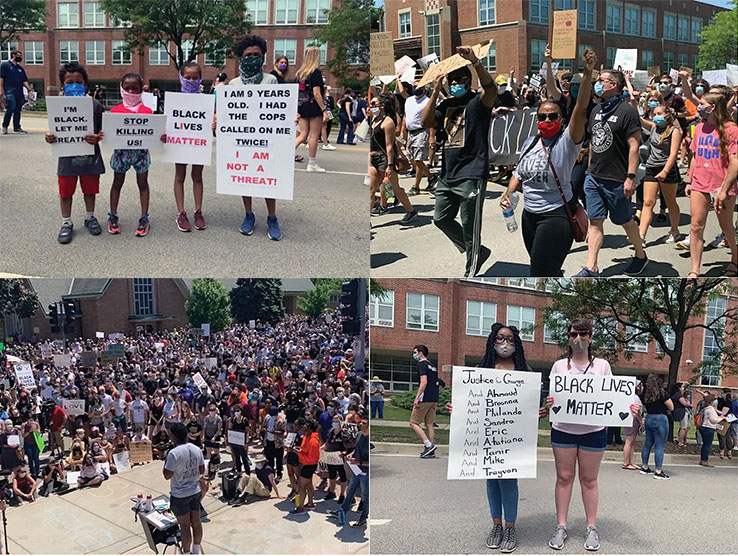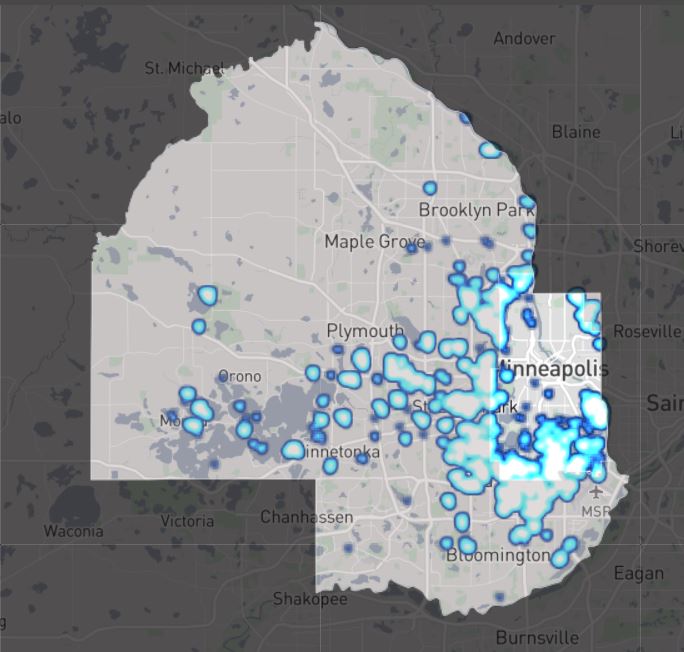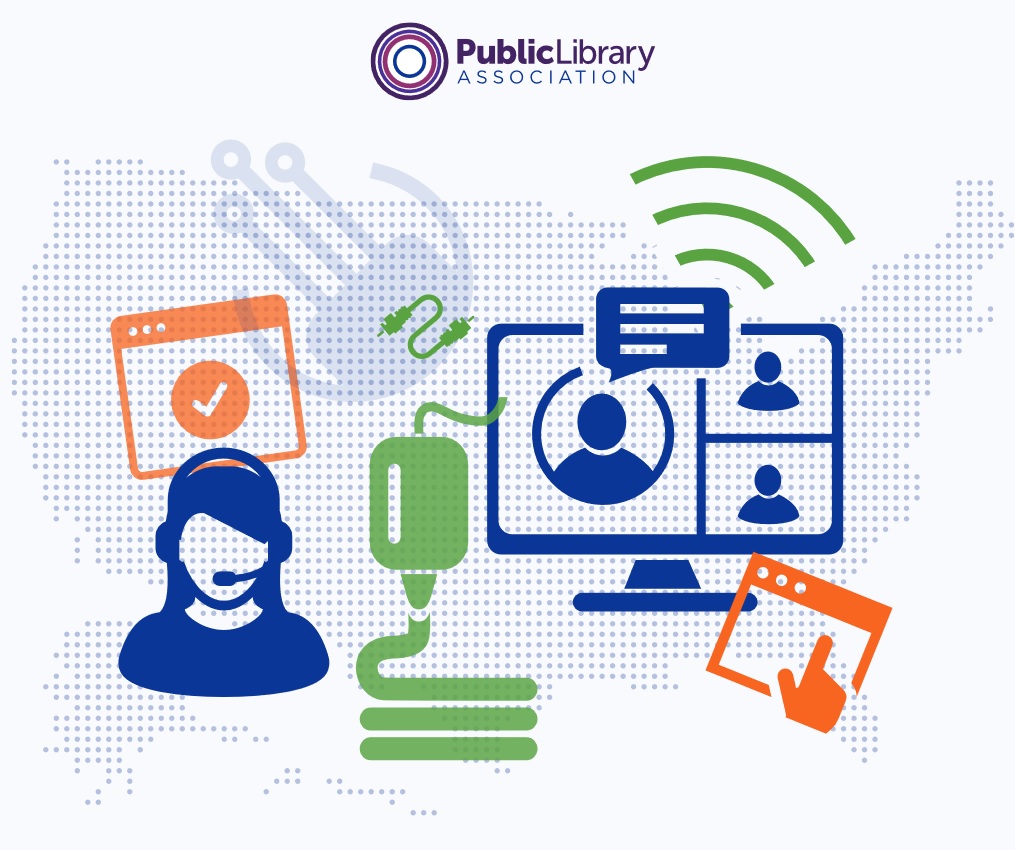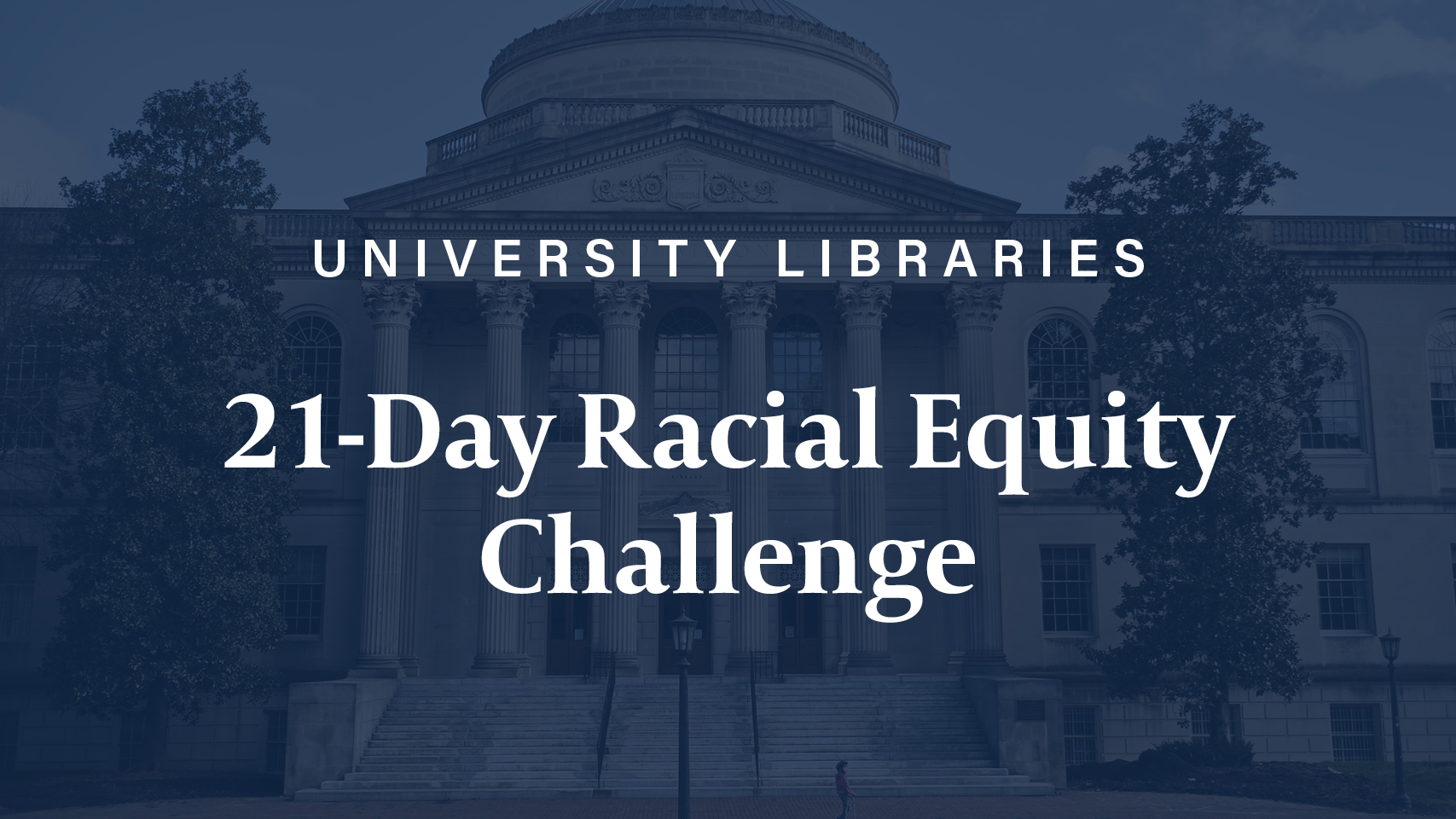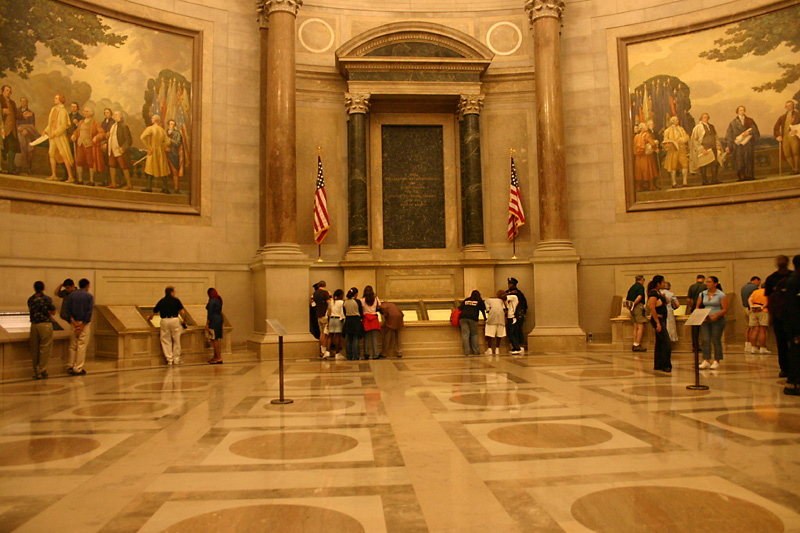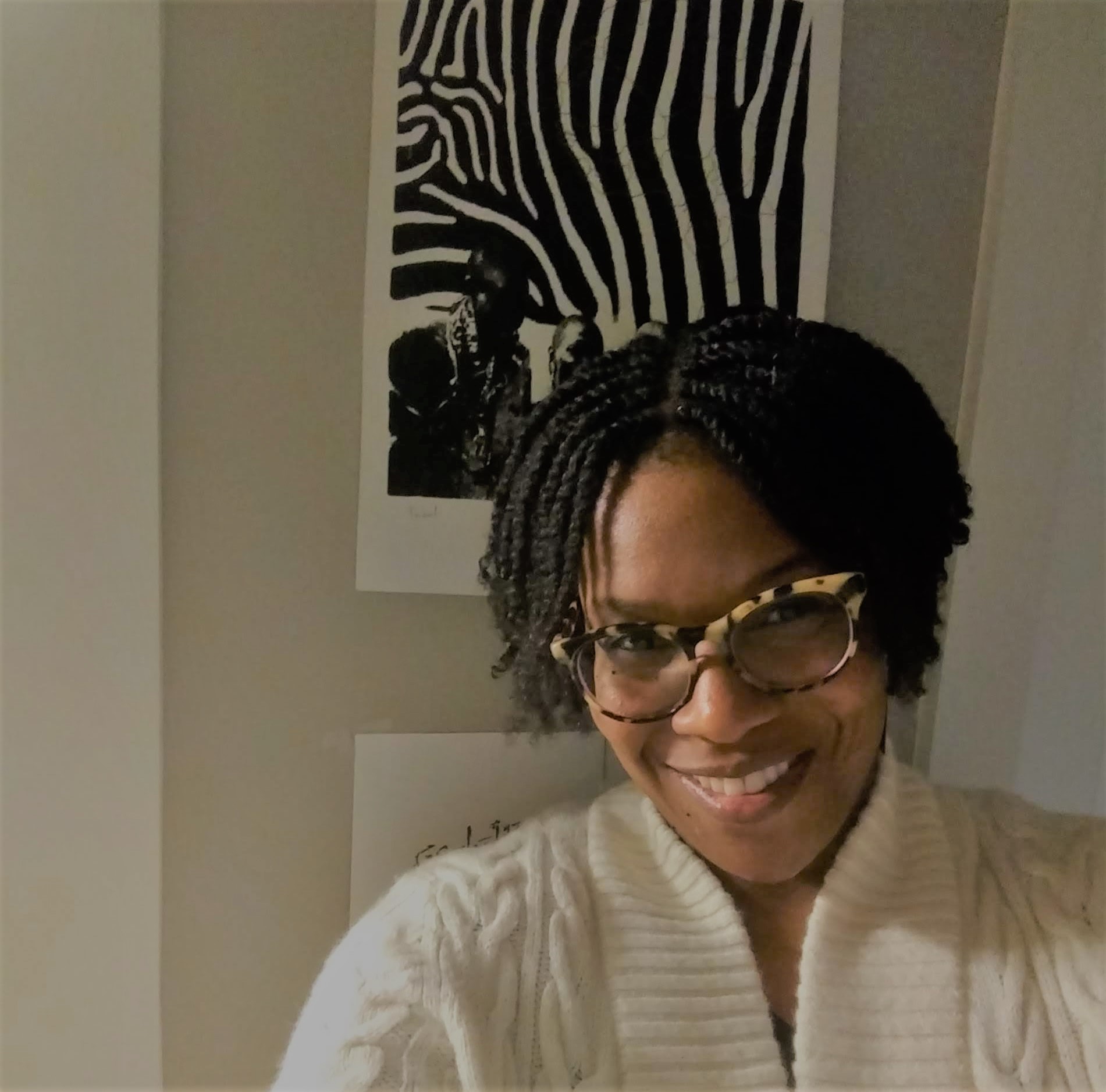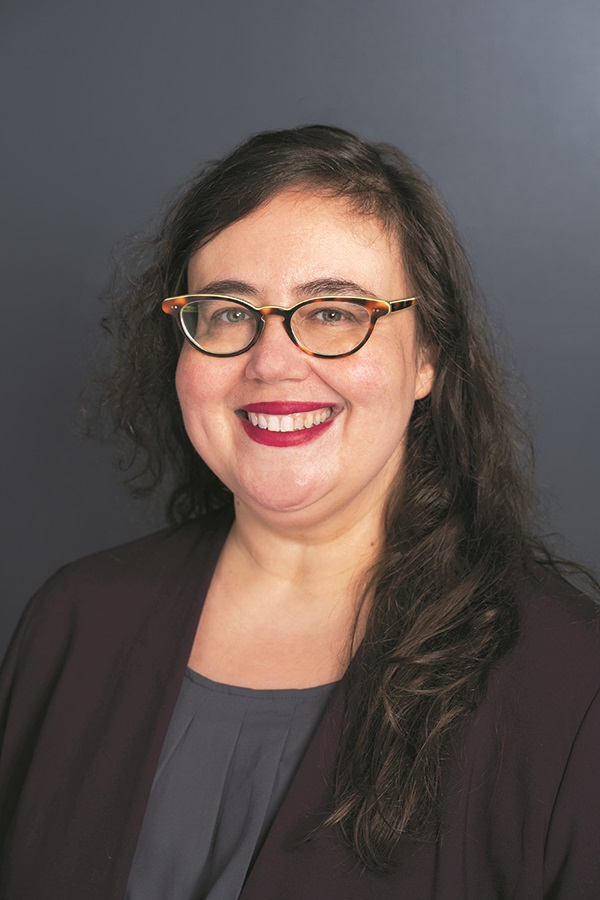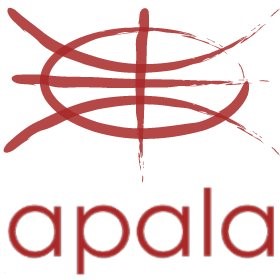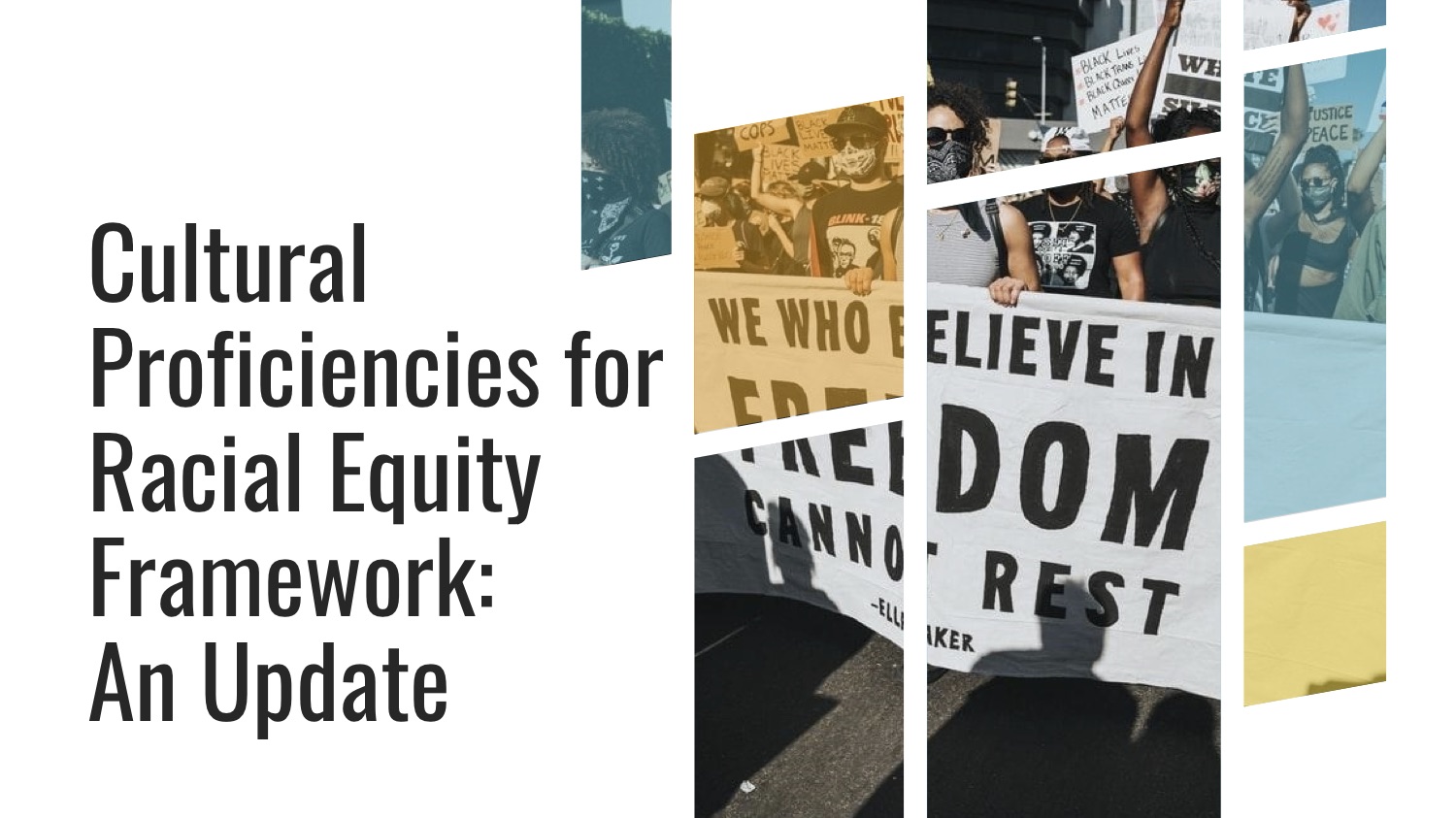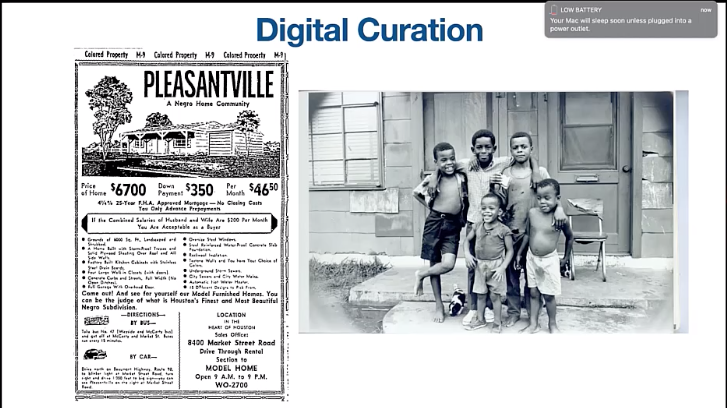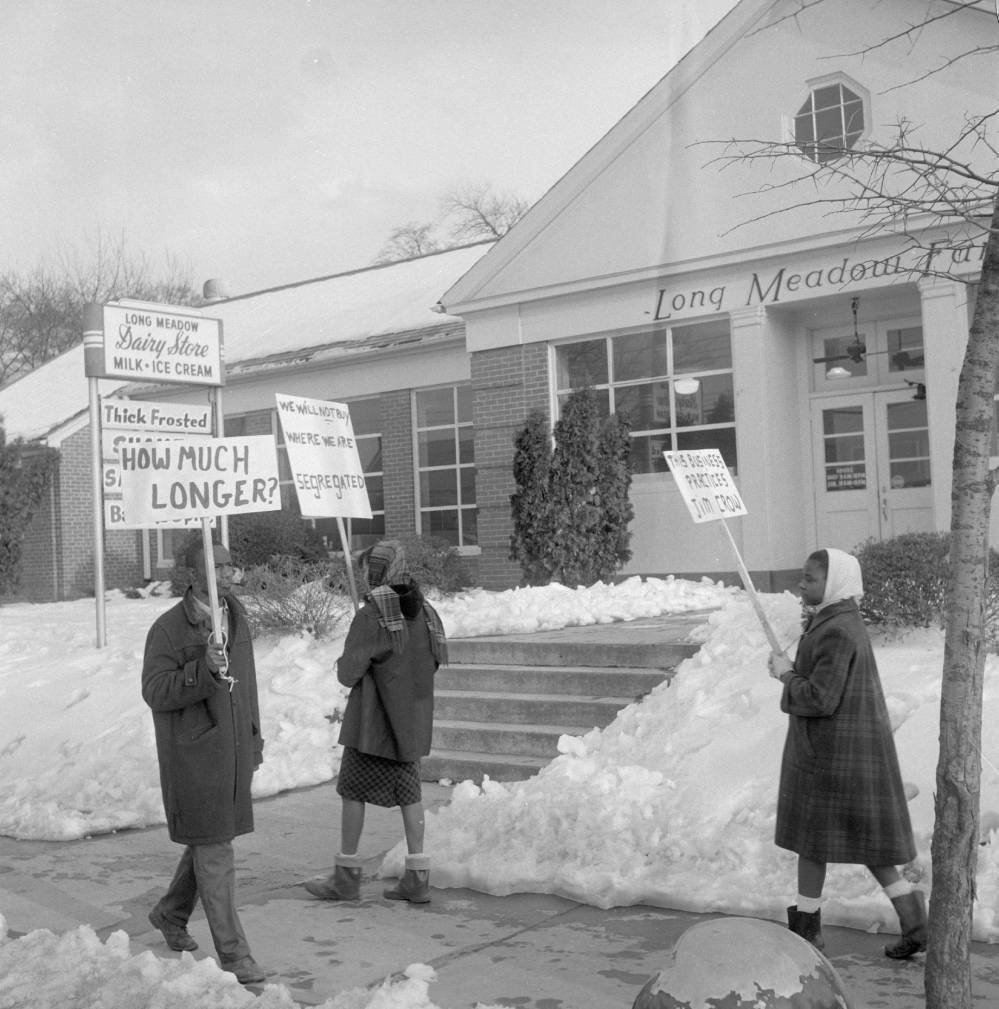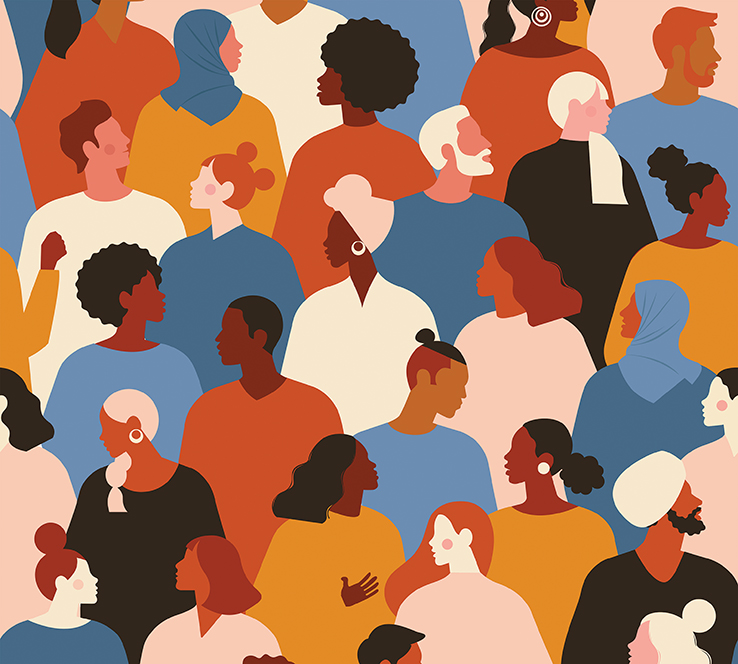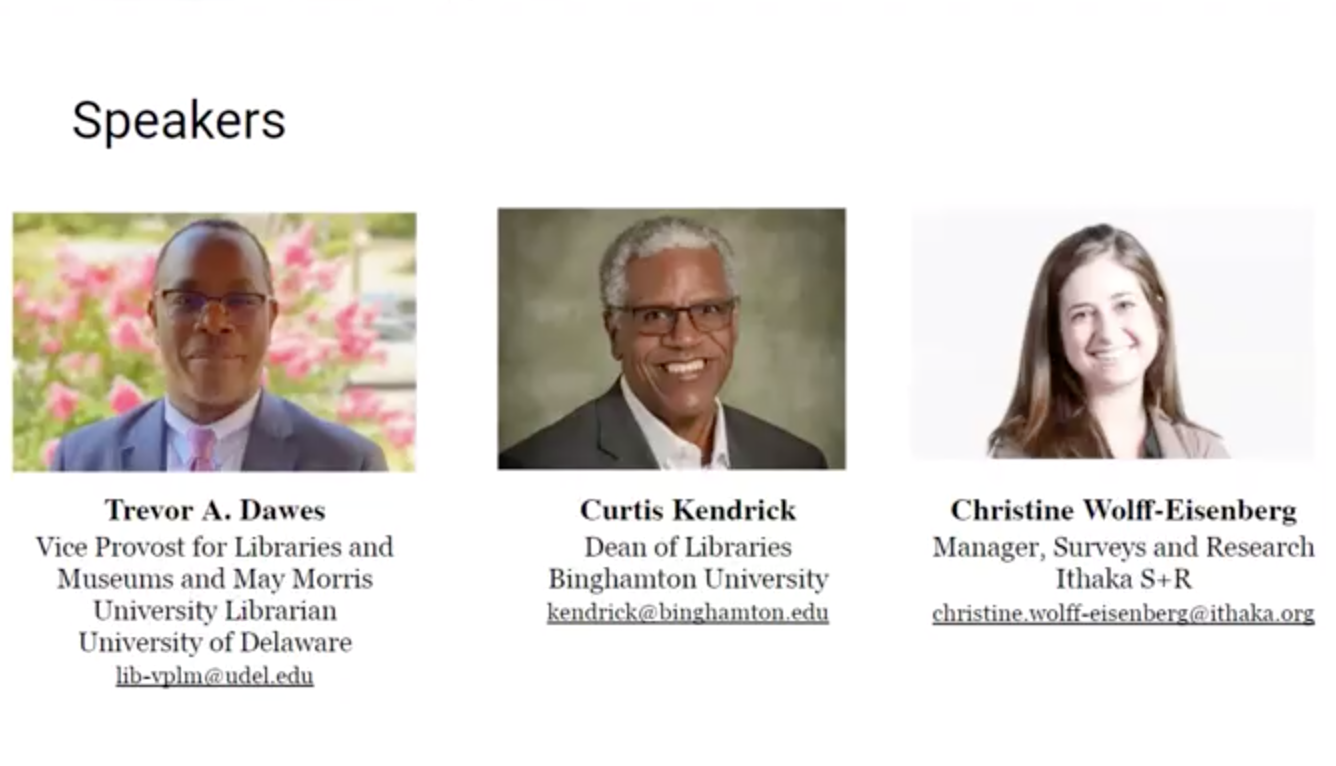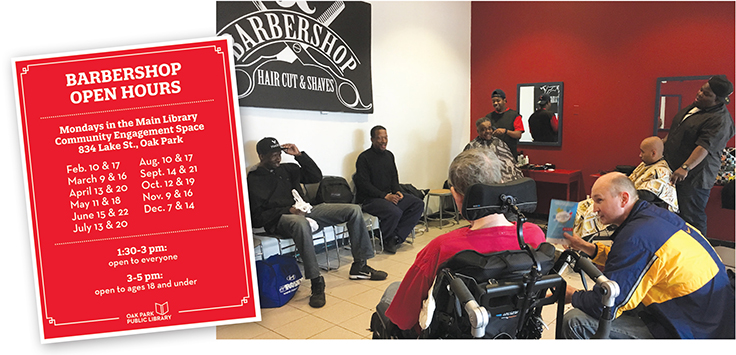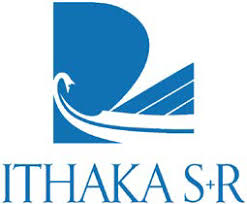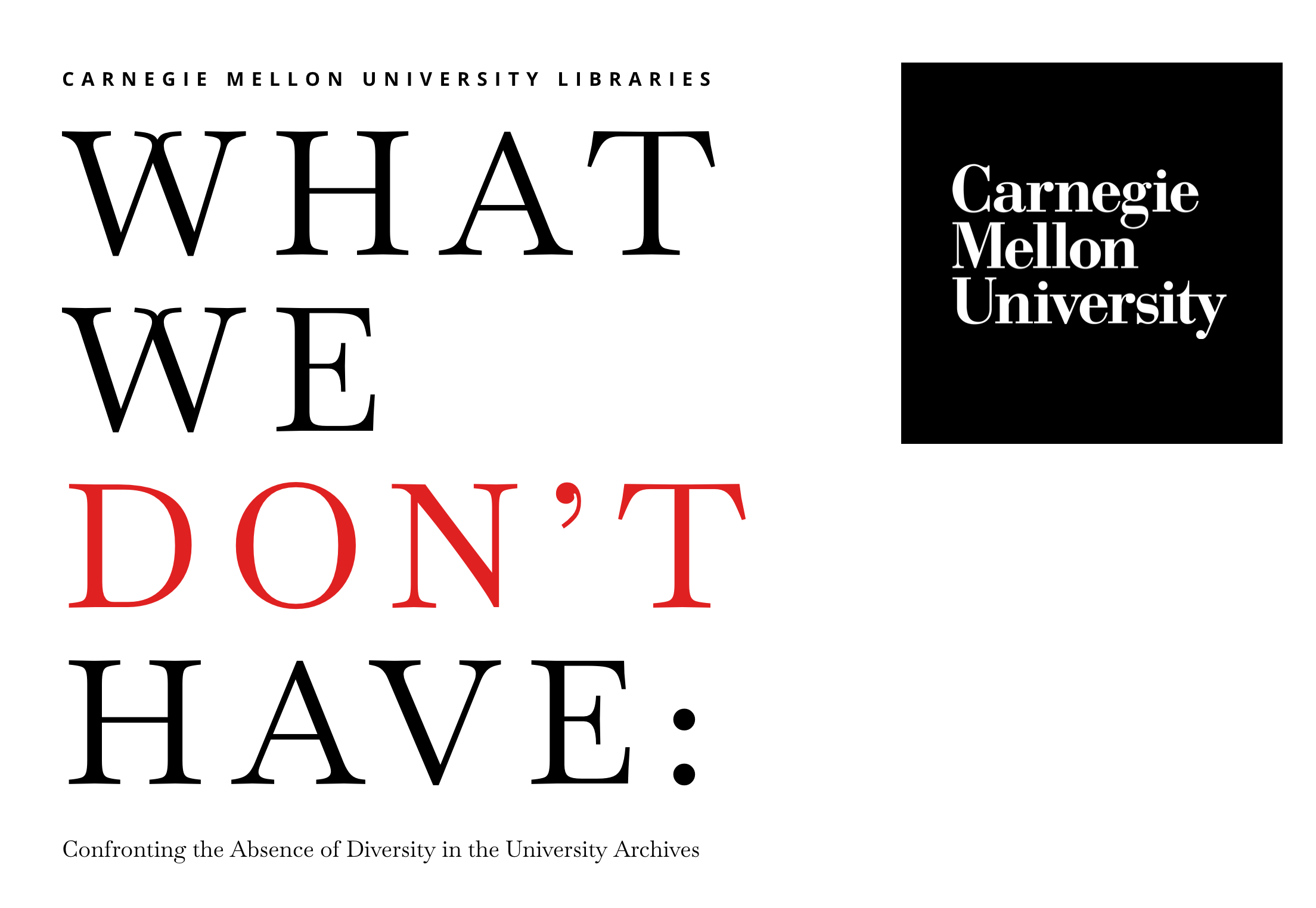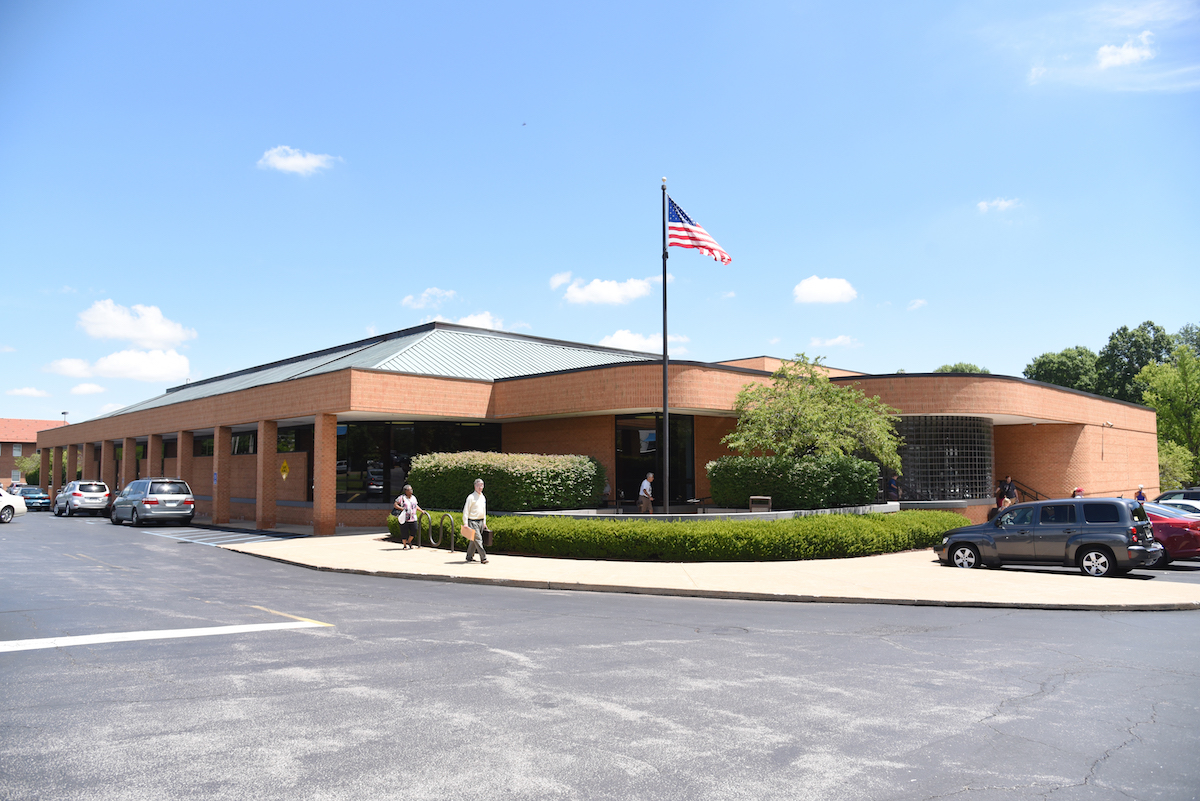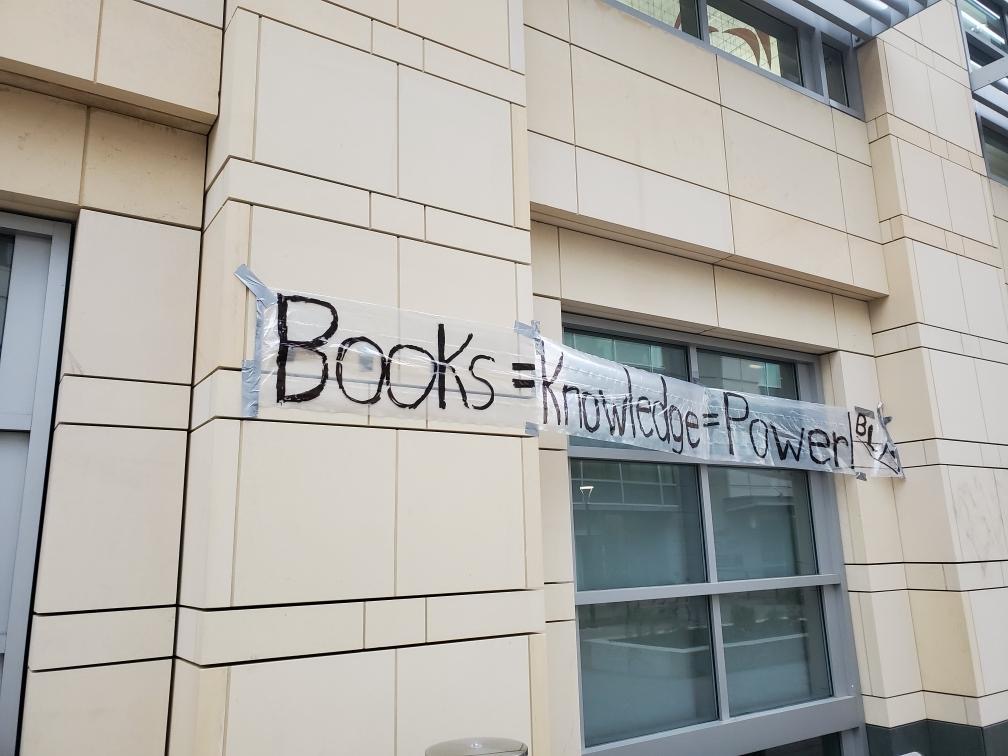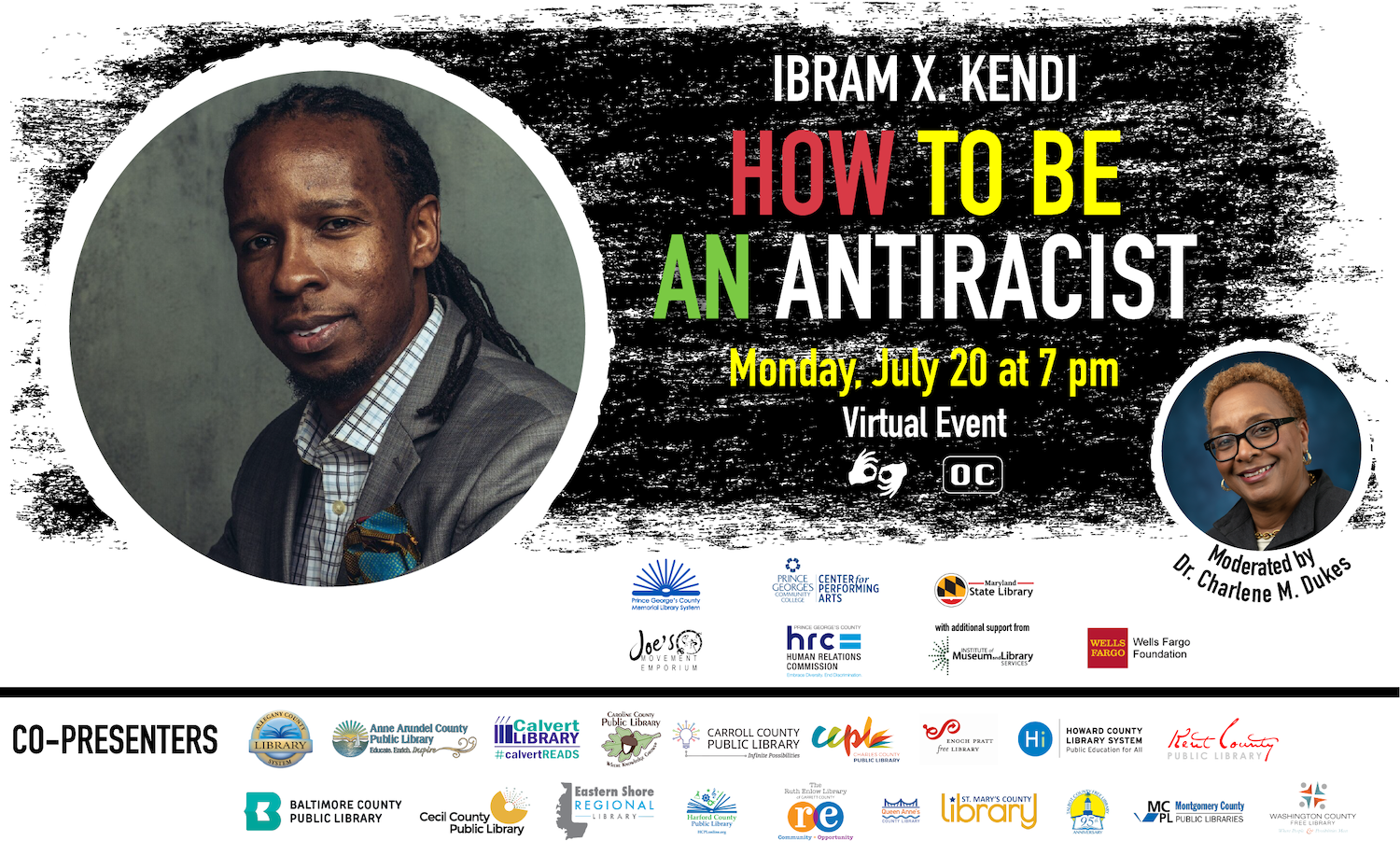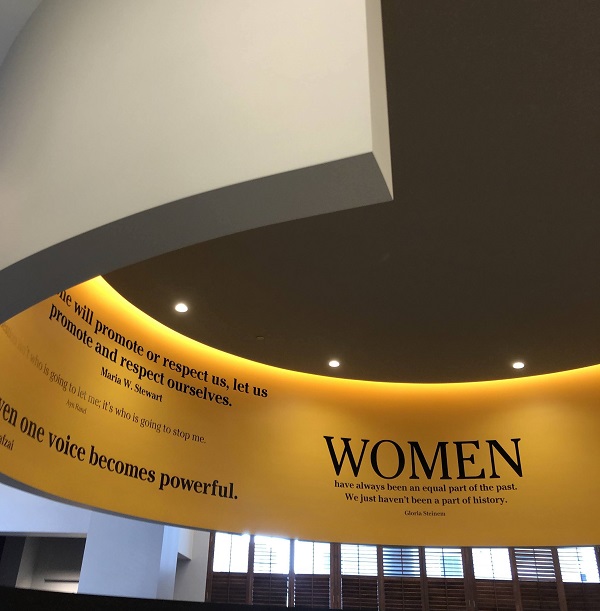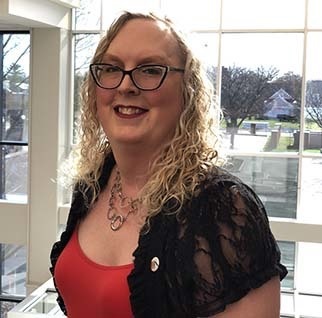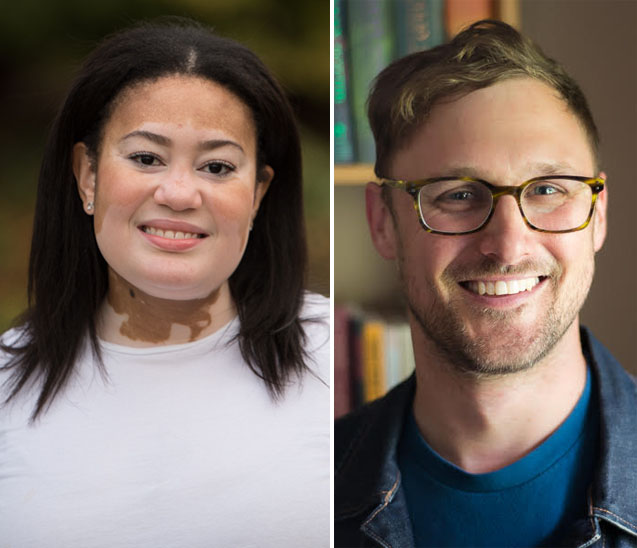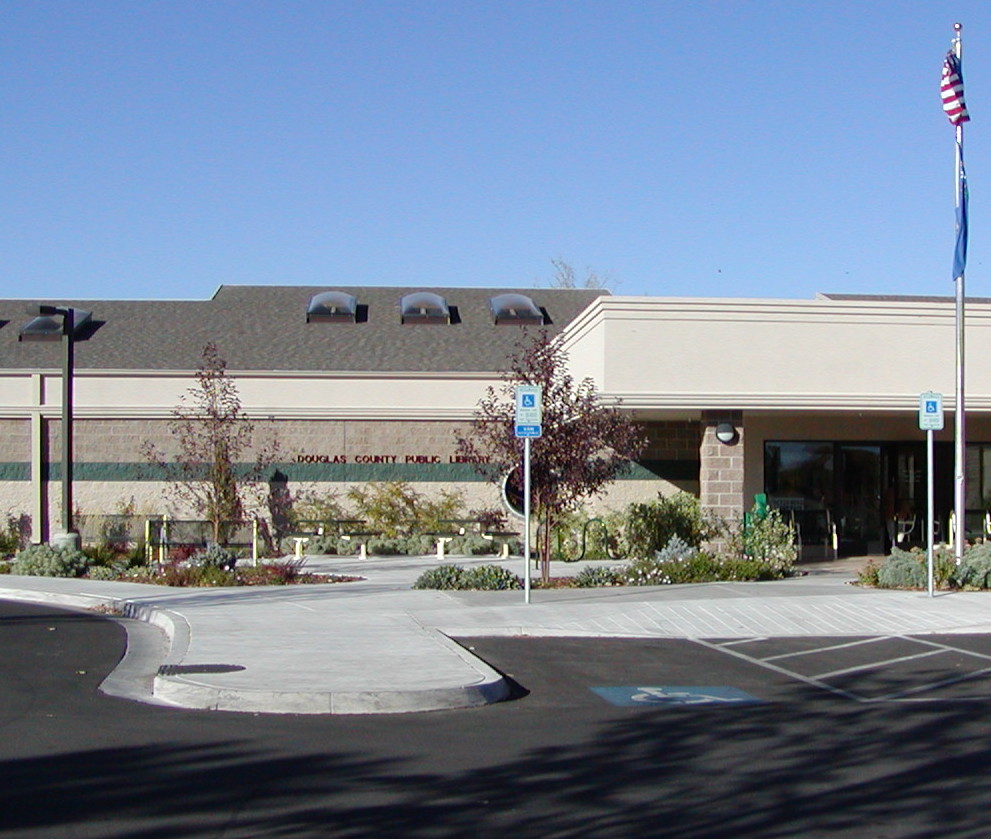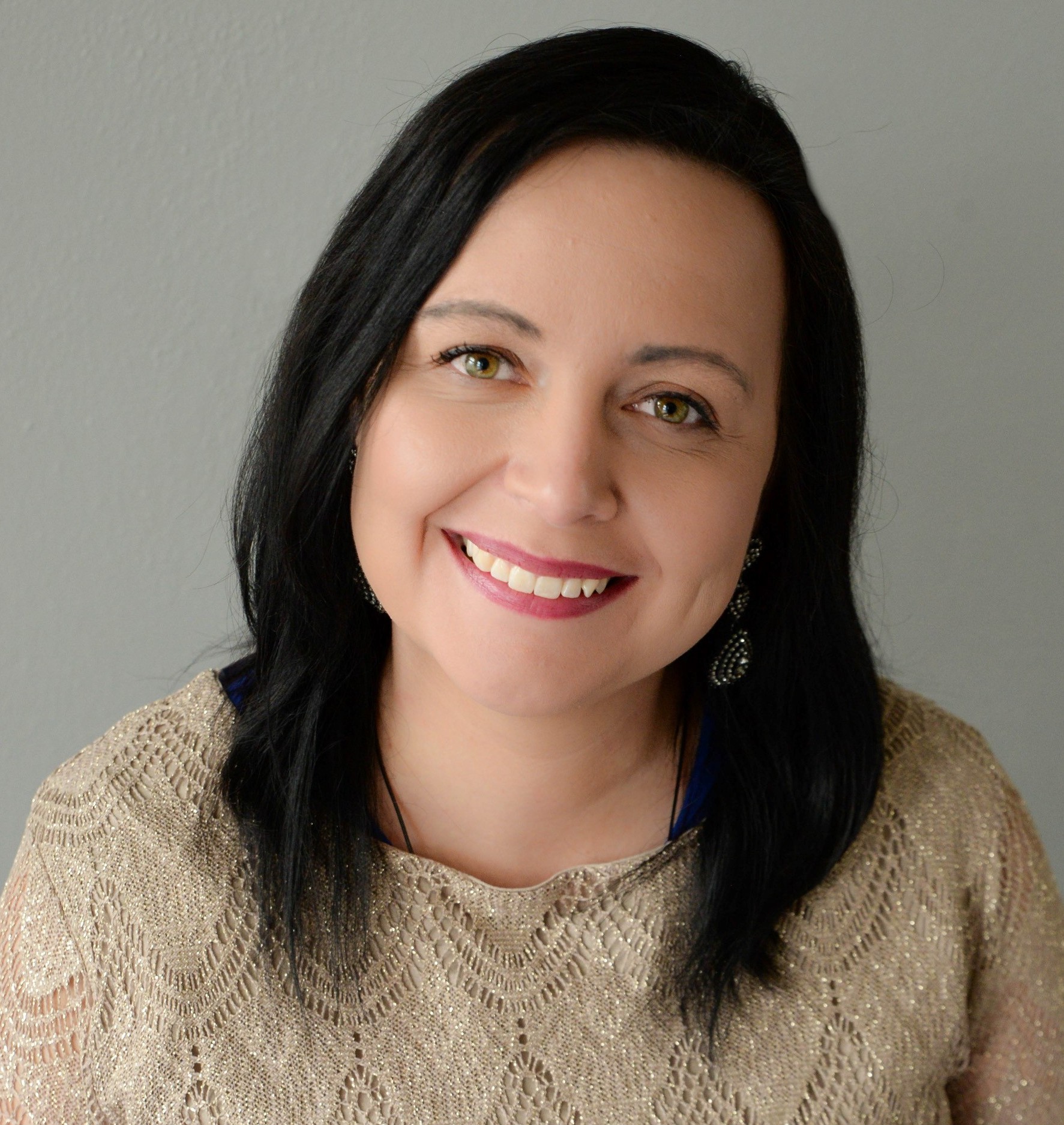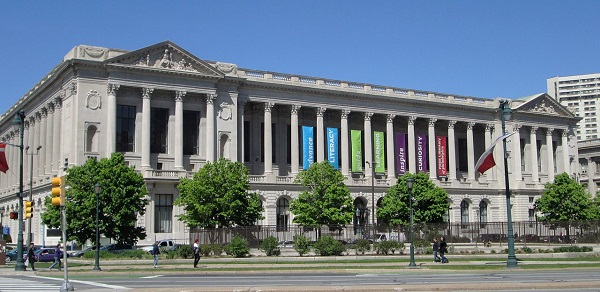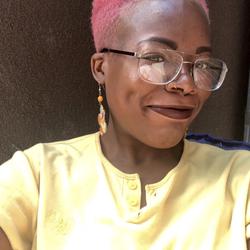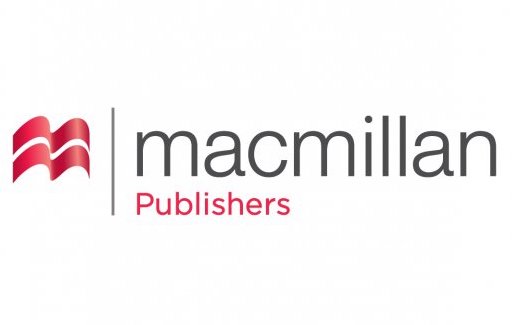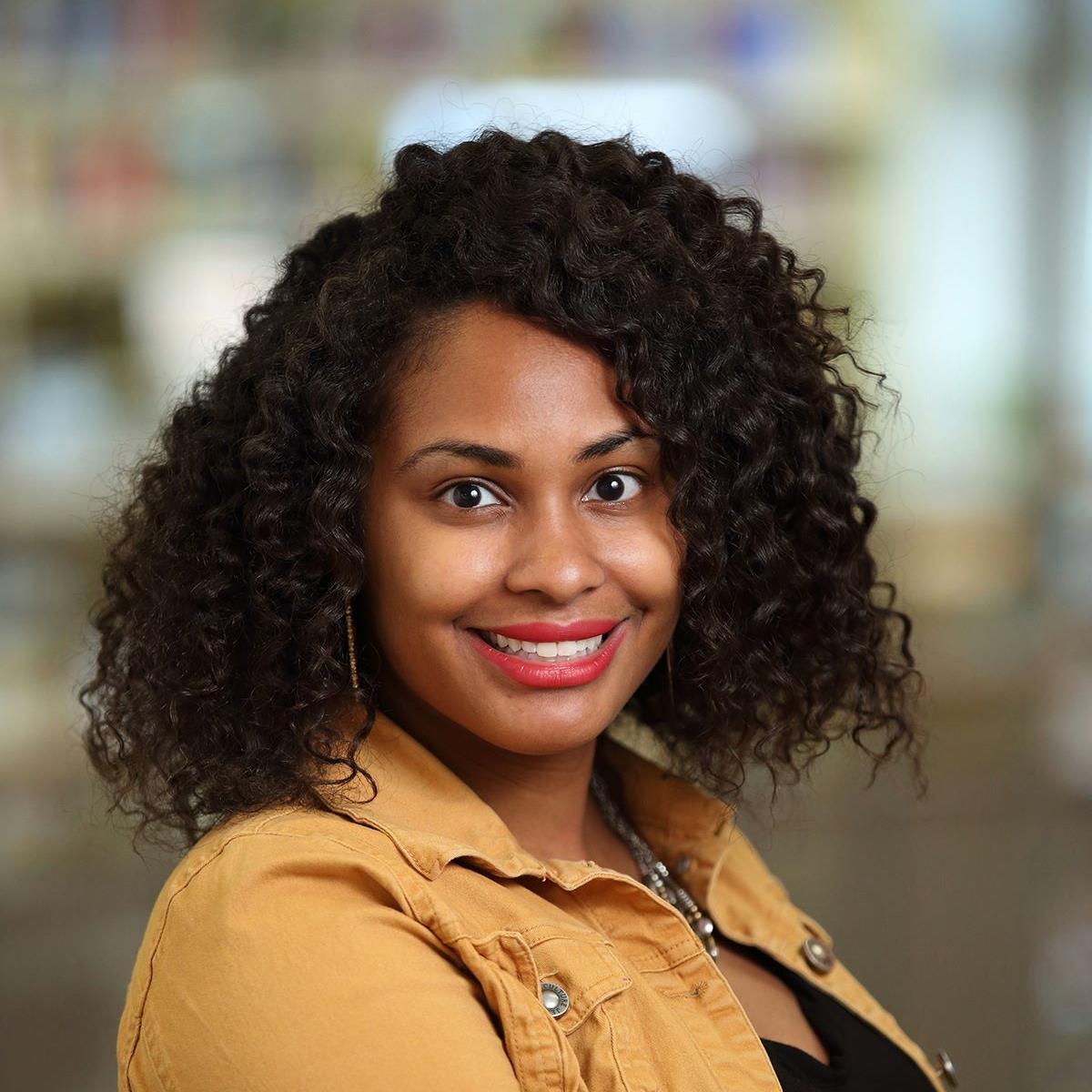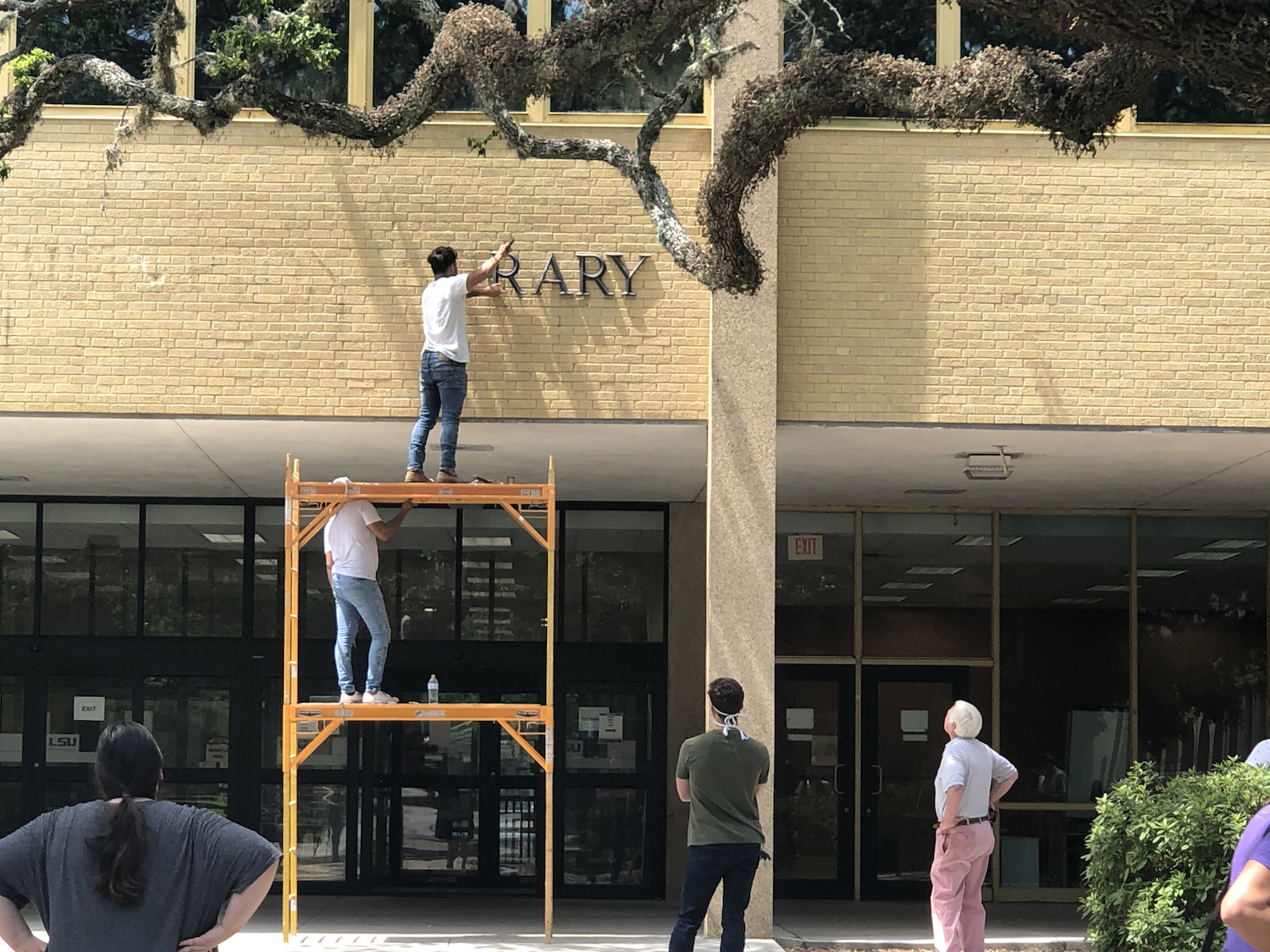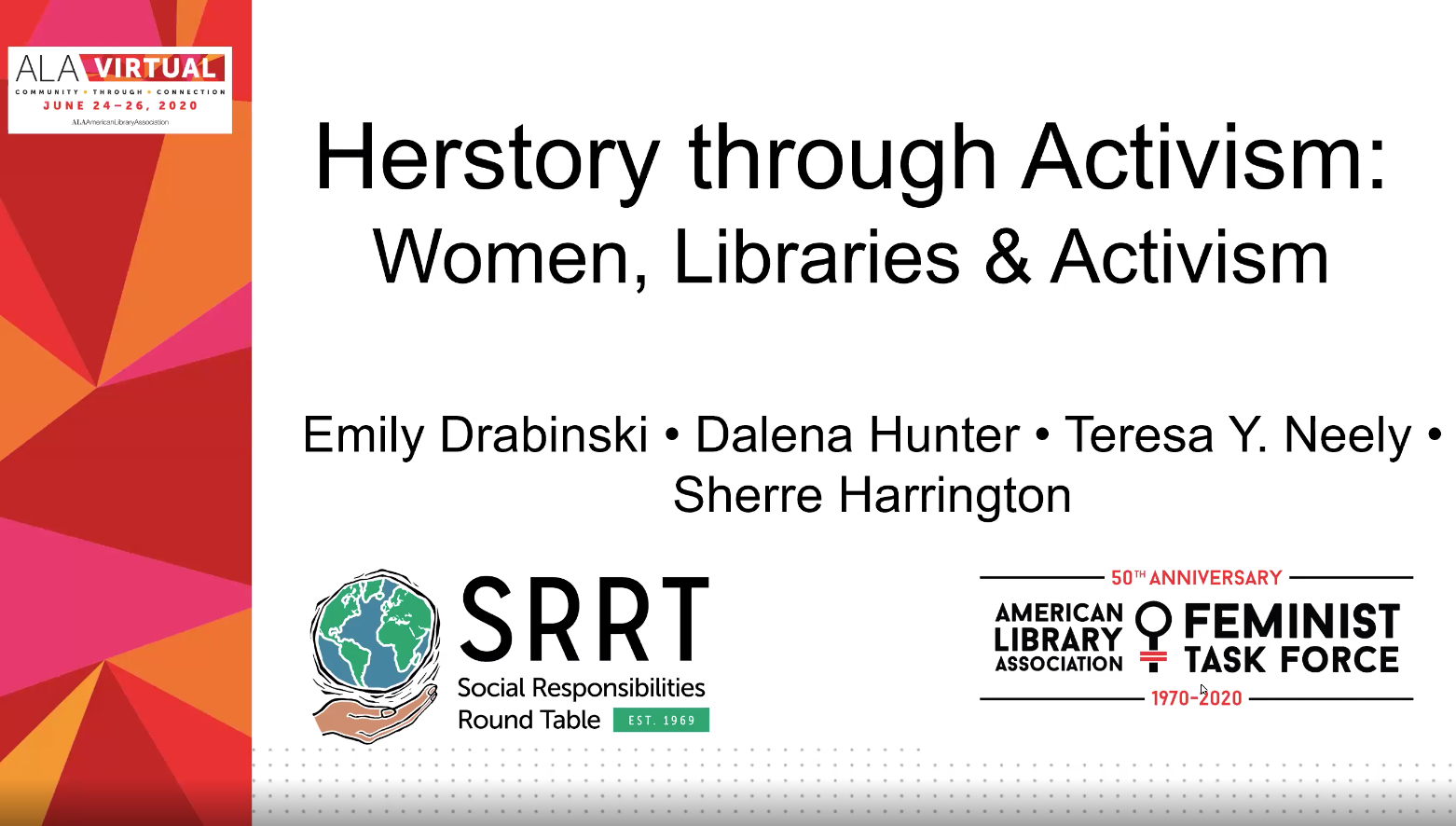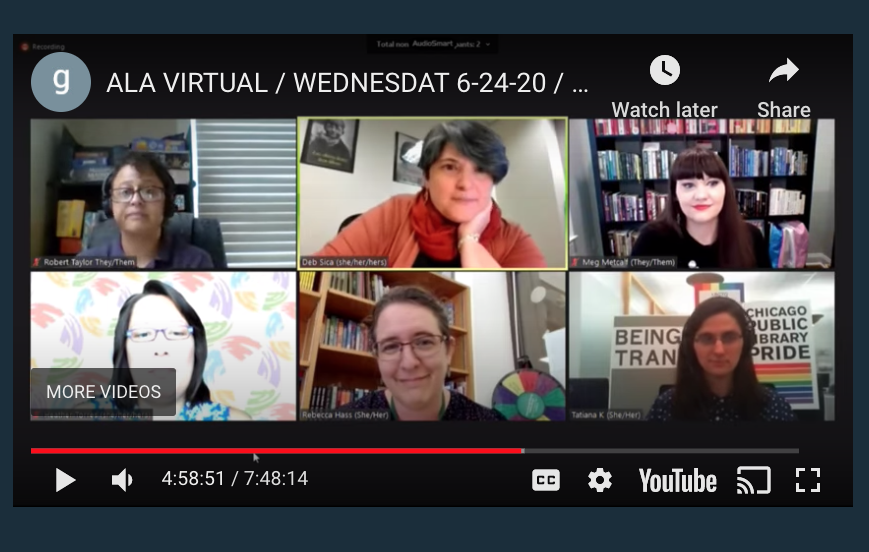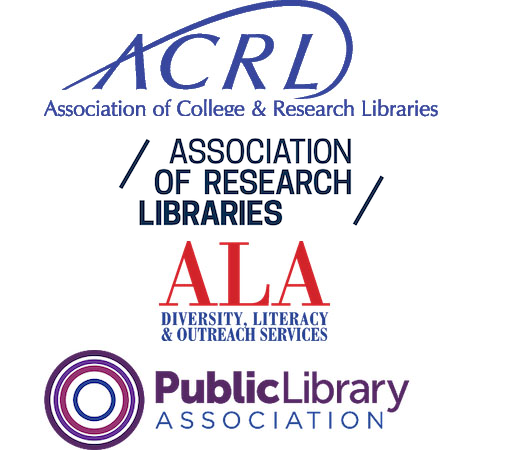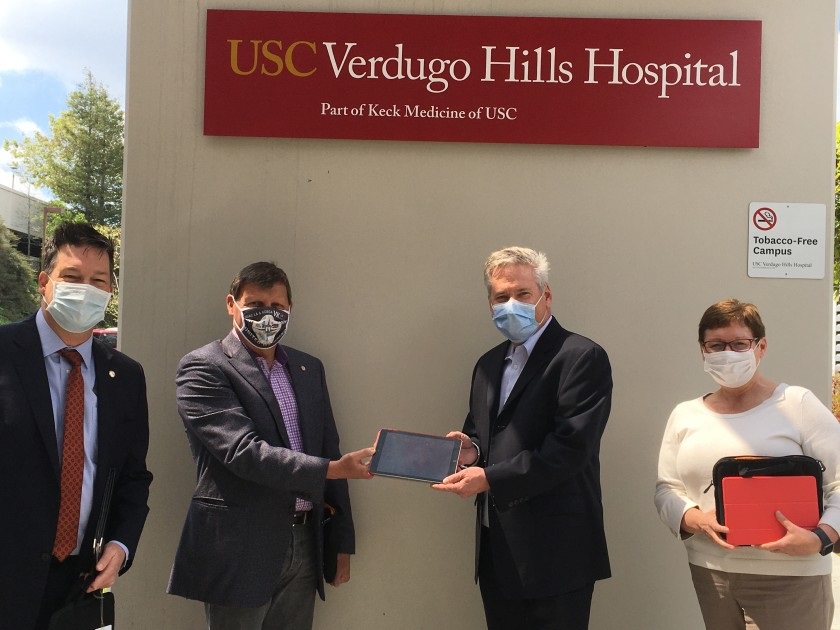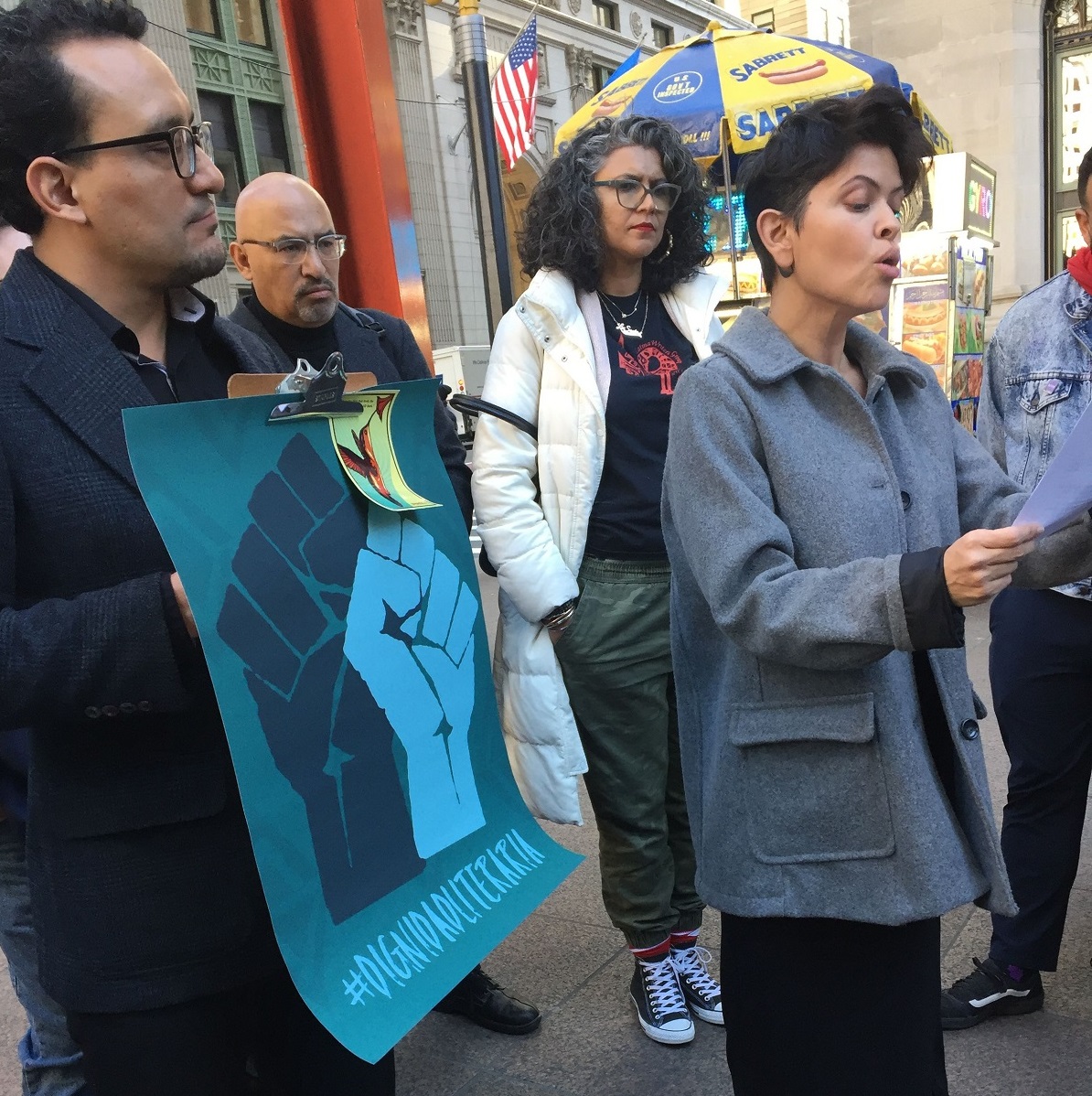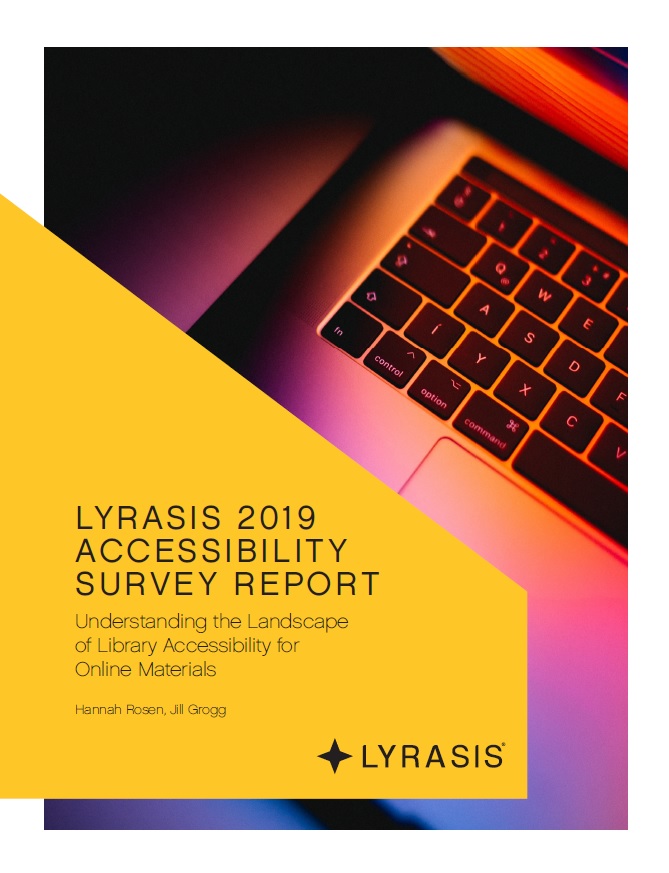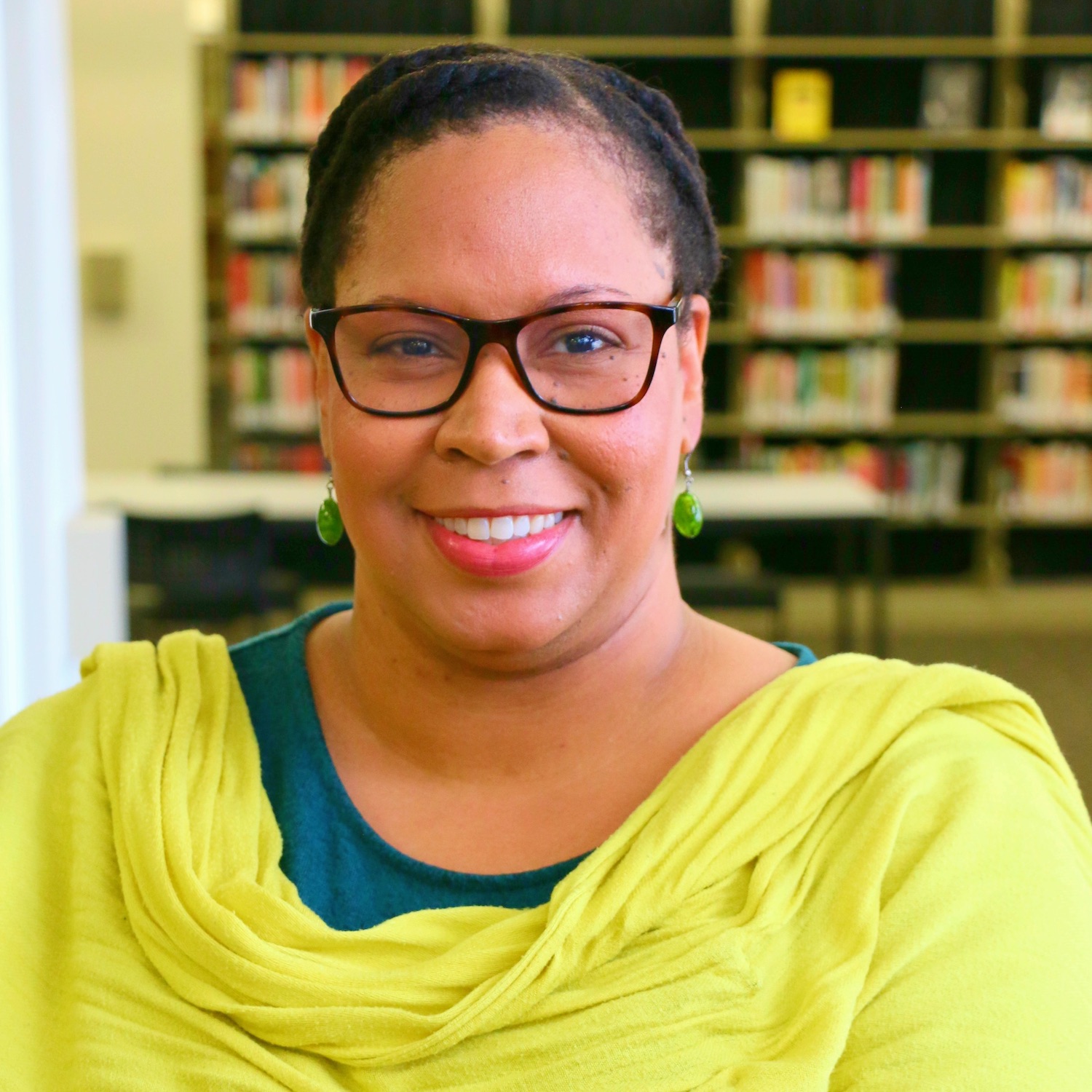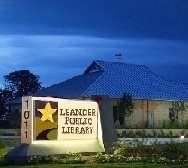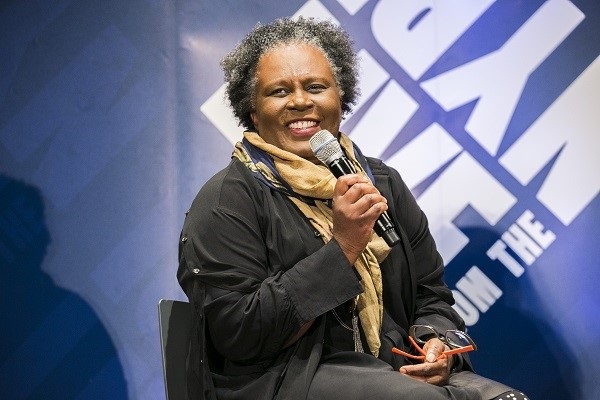Related
There are many barriers to earning a Master of Library Science degree, particularly for those in minoritized populations, and moving the needle for would-be librarians has proved to be a challenge. Initiatives to increase diversity in librarianship have been slowly increasing. Among these, the Pathways to Leadership program at Brooklyn Public Library (BPL), launched in 2021, is a particularly strong example of how wraparound support can look—and succeed.
Growing up in India as a young Sikh boy to aspiring middle-class parents, I understood their singular focus was to educate their children. Books were the windows that allowed me to gaze into a world far beyond my limited surroundings or imagination. The ancient tales of equality, courage, and righteousness from our scriptures, region, and history of valor ignited my imagination as I got older. At the same time, contemporary literature exposed me to the rich tapestry of cultures that coexisted in our vibrant nation.
Dr. Aisha Johnson’s research, publication, and consulting on African American librarianship dates to her undergraduate years at Florida State, where—after growing up in a diverse area of south Florida—she found herself one of the few Black political science students.
When Rebecca Wolfe noticed groups of adults with intellectual or developmental disabilities (IDD) come to her library, she saw an opportunity to make their library time more meaningful and engaging. She founded the monthly All Abilities Club, which offers crafts, games, literacy activities, music, and guest speakers to adults with IDD and caregivers.
As an American Library Association Emerging Leader, Nicollette Davis is always looking for ways to improve the library field. Through the We Here organization, she helps BIPOC library and information science professionals support each other in a welcoming space.
When she was in college, Dr. Shamella Cromartie had a job at a public library where leadership and others were Black, which encouraged her to pursue a career in the field. “It’s important to see people that look like you in these positions so that you know that you can do it, too,” she says.
Jenay Dougherty aims to increase representation of Pacific Islanders in leadership roles, both within librarianship and in everyday life.
Dr. Tameka Bradley Hobbs, Regional Manager for Broward County Libraries’ African American Research Library and Cultural Center (AARLCC), recognizes the significance of historical awareness, particularly for the Black community. “As access to accurate Black history and diverse literature continues to be challenged in our state, AARLCC will continue to be a refuge to those seeking intellectual freedom and the freedom to read,” Hobbs says.
At the 2024 Public Library Association (PLA) conference, held April 3–5 in Columbus, OH, presentations were notably targeted and useful. And, as a number bore out, those concerns overlap in many areas.
In 2019, Kent District Library’s human resources department (HR) set out to strengthen its approach to staffing the organization. Our goals were to create greater equity in the selection process through reduction of implicit bias; improve the viability of candidates through competency testing; and ensure the quality of hires to help reduce first-year turnover, improve the diversity of the workforce, and ensure their competency on the job.
Students learn invaluable skills they can apply in a variety of settings and applications. Across the nation, there has been renewed debate over the value of humanities degree programs as campus leaders look to overcome steep budget challenges.
The most recent Ithaka S+R U.S. Library Survey shows that 67 percent of academic library directors indicate strategies that specifically address ensuring the accessibility of the library’s physical and digital collections are a high priority in their DEIA (diversity, equity, inclusion, and accessibility) efforts. How can we continue to foster support for—and innovation in—equitable access to library services and resources?
The Digital Transgender Archive (DTA), based at Northeastern University in Boston, has been bringing together transgender archival materials from institutions of higher education and grassroots collections to a central digital location since 2016. Seven years in, the DTA has collaborated with 76 organizations (with more likely to come on board) to build the archive with more than 10,600 items from around the world, focusing on materials originating prior to 2000.
Ericson Public Library, IA, needed a program that highlighted the varied dimensions of equity while bringing members of the community together—a program that demonstrated how diversity unites us, rather than divides us. We found that opportunity through round two of the American Library Association’s Libraries Transforming Communities grant, receiving funding to implement an equity project called “Activating Community Voices.”
Dr. Shannon Jones, director of libraries and professor at the Medical University of South Carolina–Charleston, was named a 2021 Library Journal Mover & Shaker for her significant commitment to mentoring other library workers in medical and academic librarianship, as well as creating a Medical Library Association book club focused on books discussing diversity, equity, and inclusion. LJ recently talked with her to learn what she’s been doing since then.
As the synagogue librarian for Temple Rodef Shalom Library and a children’s book consultant, Kusel says she wants to see more literary mirrors for children who are Jewish and offer windows to youth of different faiths to better understand Jewish beliefs and culture.
Library leaders, staff, and boards need to be prepared for increasingly sophisticated attacks on readers’ rights.
When a planned event came under attack, Downers Grove Public Library staff handled the hostilities, keeping safety a priority.
Prince George’s County Memorial Library System, MD, last August hosted its first annual social justice summer camp. During five full days at five separate branches, groups of teens learned about the history of social justice movements along with project management skills to help effect change in their own communities.
I’m not the first queer person to say that I was really into Matilda (1996) when I was a child. I loved the scenes of Matilda in awe of her public library, enchanted by the escape it offered from her home life. The library was her safe place. My research is mine.
Professors and librarians at academic institutions sometimes describe certain students—or groups of students—as “not ready for college,” or assume that they “don’t know how to study” or are “at risk of dropping out.” These negative labels are most often given to students who are first-generation, low-income, and/or BIPOC (Black, Indigenous, and people of color). These views are called “Deficit Thinking”—blaming students for any failure to excel in a new, unfamiliar academic environment, rather than examining how an institution may be failing those students.
Rebuffing a move to ban so-called “socially divisive” material from its collection, the Pottawatomie Wabaunsee Regional Library in eastern Kansas got a new lease for its main branch last month. But its longtime director says it was alarming to see the usually routine lease renewal process used as leverage in a months-long battle over censorship.
As the publishing industry makes greater concerted efforts to represent the rich diversity of the world in which we live, small presses and imprints under larger houses are taking the lead.
Lorisia MacLeod, currently learning services librarian at the Alberta Library, Canada, previously worked as an instruction librarian at NorQuest College, Edmonton. A member of the James Smith Cree Nation, MacLeod realized early in her career that there was a major problem with properly citing Native and Indigenous sources in academic papers. The work she set in motion to correct this issue led to her being named a Library Journal 2022 Mover & Shaker. LJ recently caught up with her to learn more about her efforts.
The EveryLibrary Institute, the companion organization of library advocacy group EveryLibrary, commissioned Embold Research, a nonpartisan research firm, to poll 1,223 U.S. voters on book banning. The survey found that nearly all (92 percent) have heard at least something about such censorship, and at least 75 percent will consider the issue of book banning when voting this November.
Dr. Gena Cox, organizational psychologist, executive coach, and author of Leading Inclusion: Drive Change Your Employees Can See and Feel (Page Two, Oct.), will deliver the opening keynote at LJ’s Directors Summit in Baltimore this December. LJ caught up with her to learn more about what motivated her to write this book and what lessons she feels can help library leaders make sure their equity, diversity, and inclusion efforts improve the workplace experience for library workers.
Disability in Publishing, a United States–based organization of disabled individuals who work in traditional publishing, launched in late July via a virtual town hall. The group’s mission to “create community, provide resources, and increase accessibility across the industry in order to increase disability visibility and retain the talent of disabled publishing professionals” was well represented in the highly accessible event, which was simulcast on YouTube and Twitter and attended by people who are personally disabled and others looking to make their organizations more inclusive.
A recent study shows truth in the saying, “It’s not what you know, it’s who you know.” Published in Nature, it examined Facebook relationships of 72 million people—84 percent of U.S. adults 25 to 44—and found that the biggest determining factor of a neighborhood’s less wealthy children obtaining positive economic mobility as adults was how much they connected with people outside their economic strata.
The Hartford Public Library, CT, recently received a $14,000 grant from the Aurora Foundation for Women and Girls toward a new program, Barriers Can’t Stop Us: Building Immigrant Women’s Success. The program will help 30 young women who immigrated to the United States while they were in high school access the resources they need to stay in school and complete their college degrees. The program is open to cisgender and transgender women alike.
It’s healing to have a role focused on increasing access to resources that I never had, especially ones that facilitate self-exploration and empathy building through play.
The Patmos Library in Jamestown Township, MI, lost a critical millage renewal in early August as the result of a “Vote No” campaign orchestrated by a local conservative coalition. Members of the group, the Jamestown Conservatives, object to LGBTQIA+-themed material on the library’s shelves, and have been vocal about their displeasure. As a result, two directors have resigned in the past few months.
On June 7 the Maryland State Library Agency (MSLA) and Prince George’s County Memorial Library System (PGCMLS) announced the beta launch of the Guide to Indigenous Maryland, a mobile app (for iOS and Android) and website that enable Marylanders—and users worldwide—to learn about the history of local Native and Indigenous people (PGCMLS's preferred wording uses both terms) and how their heritage continues to influence contemporary life in the state. The free educational resource combines 21 curated sites featuring information on Native American and Indigenous geography and heritage, local history, and present-day life in Maryland.
Libraries cannot second-guess patron motives or impose barriers based on subject matter. I suggest that the best response is to turn the letter of the law back on attempted saboteurs.
Two branch libraries at Prince George’s County Memorial Library System were targeted with anti-LGBTQIA+ graffiti during the Washington, DC area’s Capital Pride Week. At press time, Prince George’s County Police detectives had arrested and charged a man, who confessed to the vandalism and is currently facing two counts of malicious destruction of property and multiple hate crimes.
On Saturday, June 11, a group of five men disrupted a children’s Drag Queen Story Hour at the San Lorenzo branch of the Alameda County Library, CA, shouting homophobic and transphobic insults. No one was injured, and library staff were able to move the children and their caregivers, as well as performer Panda Dulce, to a safe area of the library before members of the Alameda County Sheriff’s Office arrived and led the intruders—believed by library administration and law enforcement to be members of the East Bay Proud Boys, a local far-right group—from the building.
In a new insights report from Gale, academic thought leaders discuss their role in championing EDI on campus—and provide advice to help other colleges and universities develop effective, sustainable programs.
Library leaders share the strides they’re making to shift strategic plans and policies to center equity, diversity, and inclusion.
Treshani Perera, Music and Fine Arts Cataloging Librarian at the University of Kentucky, has written and spoken on critical cataloging—looking at knowledge organization though an equity lens, examining not only at how content is described, but why those systems exist and how they can be changed.
Hiring an EDI officer requires system-wide support, a clear definition of the role’s parameters, and providing authority to effect changes, not just make suggestions.
Update: The fund met its endowment goal of $50,000 by March 31, and will be able to begin awarding scholarships in fall 2023.
In response to a call for increased diversity at the University of Texas (UT) Austin iSchool—and to boost representation and participation among students of color in information sciences fields overall—a group of UT alumni have created an endowed scholarship for BIPOC (Black, Indigenous, and people of color) students. The committee’s goal is to raise a total of $50,000 by March 31 so that it can begin awarding scholarships in fall 2023.
In the “Fostering Equity and Inclusion by Promoting Employee Wellbeing” session, Ozy Aloziem, equity, diversity and inclusion manager at the Denver Public Library (DPL), detailed the culturally responsive model of employee care that she created and DPL is piloting.
Collection Diversity audits, while crucial, can present a daunting challenge. What can tip the balance toward deciding the work is worth it is a concrete plan for how the knowledge gained can be directly translated into action. At the “After the Collection Diversity Audit” session at PLA, a mixture of in-person and virtual panelists shared their experiences and strategies.
At the 2022 Public Library Association (PLA) Conference, held from March 23–25 at the Oregon Convention Center in Portland, many of the programs looked at equity work being done throughout the library, including top-down integration into the library’s strategic plan, the creation of dedicated departments and teams, and thoughtful, community-inclusive programming. Here are a few standout sessions attended by LJ editors.
A variety of public libraries shared their hands-on practices for improving and deepening their equity, diversity, and inclusion (EDI) work at the Public Library Association conference, held in Portland, OR, March 23–25. Among them, the "Queering the Library: Strategically Creating Space for the LGBTQ+ Community" session, presented by Rebecca Oxley and Teresa Miller, librarians in the Prince George's County Memorial Library System, MD, was unusual in that, rather than being led by top leadership, the change was led by branch-level staffers.
As public and academic libraries continue to navigate equity, diversity, and inclusion (EDI) work, it has become increasingly common for organizations to release statements in solidarity with communities in crisis. Illinois’s Downers Grove Public Library (DGPL) has issued five anti-hate statements that have resonated with our community. In this article, we hope to give you the strategies needed to write and distribute an impactful statement.
The University of Minnesota (UM) has received a $615,000 grant from the Andrew W. Mellon Foundation to expand its Mapping Prejudice program. Mapping Prejudice, a collaboration among geographers, historians, digital humanists, and community activists, works to document and explore racially restrictive covenants—the clauses inserted into property deeds to keep anyone not white from buying or occupying certain pieces of land.
The 2020 Public Library Technology Survey presents a snapshot of the vital technology services that libraries provide their communities, areas of disparity between urban and rural libraries, and the challenges that institutions of all sizes face in expanding or enhancing technology services.
The University Libraries at the University of North Carolina at Chapel Hill recently released the syllabus of the 21-Day Racial Equity Challenge, focused on libraries and archives, as an open source interactive PDF. The syllabus was created as part of the multipart Reckoning Initiative at University Libraries.
On the evening of August 20, Indianapolis Public Library (IndyPL) CEO Jackie Nytes announced that she would step away from her role, effective at the end of August, in response to accusations that IndyPL leadership has perpetuated systemic racism throughout the system.
On January 20, his first day in office, President Joe Biden issued Executive Order 13985, Advancing Racial Equity and Support for Underserved Communities Through the Federal Government. The National Archives and Records Administration (NARA) had already begun its own process in September 2020, when it established an Internal Task Force on Racism following the murder of George Floyd and the subsequent increased focus on issues of racial injustice.
When we talk about web usability, we are talking directly about our patron’s experiences in a library’s digital space, so rethinking how we do this work through the lens of antiracism is important.
Schomburg Center Director Joy Bivins on Collecting, Serving the Public, and the Importance of Access
On June 4, Joy Bivins was named Director of the Schomburg Center for Research in Black Culture, a research division of The New York Public Library. LJ caught up with her as she settled into her new role to discuss the overlap between collecting for museums and libraries, what has changed in the past year and a half, and what the Schomburg’s users can expect.
The 2021 ParkScore rankings, conducted annually by the Trust for Public Land, show a significant shakeup. It’s not because of major changes to the parks in the past year, but to the scoring: this year the Trust added equity to its decision matrix, which includes access, investment, amenities, and acreage. The resulting change in the lineup of top-scoring park systems shows how inadequate measuring overall access is for learning whether everyone is well served.
The Asian Pacific American Librarians Association (APALA) President's Program at the 2021 American Library Association (ALA) Annual conference continued the theme of social justice prevalent in many of the conference offerings. The session’s title, Community Driven Justice in Our Work: Library and Archival Workers of Color Advocating for Self-Preservation, Solidarity, Change, and Justice in Communities, Workplace, and in the Profession at Large, proposed a wide cross-section of work; panelists kept the focus on their own advocacy efforts within their libraries.
On June 27, during the American Library Association (ALA) Virtual Annual Meeting, over 100 attendees listened as a panel of experts spoke about an update on the development of a framework of cultural proficiencies for racial equity.
During the American Library Association (ALA) Virtual Annual Meeting, attendees listened to an on-demand session featuring a panel of speakers who discussed partnering to amplify underrepresented and unheard voices using digital scholarship.
On the Books: Using Algorithms of Resistance to Expose North Carolina’s Jim Crow Laws is a machine learning and collections as data project of the University of North Carolina (UNC) at Chapel Hill Libraries. Where does the “resistance” come in? Since 2019, the project team has been building an algorithm and searchable database for Jim Crow legislation signed into law in North Carolina between 1866 and 1967 (Reconstruction to Civil Rights era).
Diversity audits assess representation in library materials, but most examples focus on children’s books. One librarian shares her methods and challenges in tackling adult biographies.
In fall 2020, the Graduate School of Library and Information Studies at the University of Rhode Island (URI) launched a master’s track in Information Equity, Diverse Communities, and Critical Librarianship. The 12-credit track, one of four that comprise the university’s LIS program, is fully online and will continue to be offered remotely as URI transitions to a fully online setting in the next year.
The Association of Research Libraries (ARL) recently appointed DeLa Dos as senior director of Diversity, Equity, and Inclusion (DEI), effective June 7. They will lead the association’s DEI priorities, working with and providing strategic guidance to ARL’s DEI Committee and Board of Directors. LJ caught up with them and ARL Executive Director Mary Lee Kennedy to find out more about their thoughts on DEI work and the association’s ongoing efforts.
Earlier this spring, in conjunction with a survey of how academic library deans and directors’ perspectives and strategies around equity, diversity, and inclusion (EDI) and anti-racism have changed over the last year, Ithaka S+R announced that it would launch an anti-racism talent management audit in partnership with library leaders from Binghamton University, NY, and the University of Delaware.
Restorative justice is broadly defined as an approach to repairing and addressing harm done within a community. It can also be understood as a practice that emphasizes the importance of every voice being heard when harm is done, in order to repair the holistic well-being of the person harmed, the person responsible for the harm, and the community impacted by the offense. These methods are used proactively and are foundational in creating systemic change within any organization.
Jackie Gosselar is a Systems and Discovery Services Librarian at the University of California, Berkeley. They shared their experience as a bisexual, nonbinary librarian, and provided some insight into the value of being part of an organizational culture that makes space for all identities.
On March 17, Ithaka S+R released results from its most recent survey of more than 600 academic library deans and directors across the United States. The report, “National Movements for Racial Justice and Academic Library Leadership,” looks at how their perspectives and strategies around diversity, equity, inclusion (EDI), and antiracism have changed over the last year, as well as their perceptions of COVID-19’s financial impacts on staff and faculty of color.
With library branches closed or offering limited in-person services during much of 2020, that has often meant shifting to virtual offerings. But many people faced challenges accessing those online resources, according to “Public Libraries and the Pandemic: Digital Shifts and Disparities to Overcome,” a report published this month by New America, a Washington D.C.–based public policy think tank.
Navigating any place of employment can be complex for transgender and nonbinary people, but having an informed and supportive supervisor can make things easier.
Libraries and archives nationwide have launched initiatives to diversify their collections, institute antiracist descriptive practices, and conduct outreach to marginalized communities. We knew that our collections lacked all these things, but questioned how we could authentically start this work. What can libraries and archives do when confronted with limited resources, material, and community engagement to prioritize diversity, equity, and inclusion in their work?
On August 11, St. Louis County Library (SLCL), MO, announced the layoffs of 122 part-time workers. All 600 employees, both full- and part-time, had been paid during nearly three months while library buildings were closed. But a number of staff, along with other supporters, feel that the layoffs will impact services once the library reopens. Some workers have also alleged that the layoffs were retaliatory.
The Iowa City Public Library (ICPL) has embedded concrete, quantified steps toward equity, diversity, and inclusion (EDI) into its three-year strategic plan, released on September 23.
In Maryland, public libraries across the state have developed models for maximizing the impact of social justice–focused virtual programs by copresenting and cross-promoting selected events. Maryland libraries were able to rely on high quality programs from neighboring systems to provide a more robust lineup of virtual events.
In 2020, the Nashville Public Library (NPL) looked to expand its Civil Right Center with a new Votes For Women room. After 18 months of planning, the grand opening was scheduled to coincide with the 100th anniversary of the ratification of the Nineteenth Amendment, which cleared the way for women to vote. As the COVID-19 pandemic evolved, the NPL realized that the grand celebrations envisioned would not be possible.
There is a threadrunning through almost all major headlines in our country this year: racial injustice.
Welcome to Trans + Script, a column dedicated to amplifying the voices of transgender, nonbinary (nb), and queer library people and highlighting topics related to their experience in libraries. We’re in big cities, small towns, rural communities, on military bases, in areas of wealth, and in areas of poverty. Why is that reality important enough to be the first topic in this column? Because even though there are a lot of us and we’re everywhere, representation still matters.
How can librarians determine when their implicit bias has guided them into viewing Black patron behavior as dangerous, and hence guided them to call 911, and when a situation is actually dangerous and requires a police response?
UPDATE: On August 25, the Douglas County Library Board of Trustees voted 3–2 to approve an investigation into Amy Dodson and her staff over the proposed diversity statement. The investigation, to be conducted by an independent firm, would cost an estimated $30,000, although the scope of the investigation was not specified.
Black Lives Matter. Indigenous people should be honored and recognized. Xenophobia is not acceptable. This movement across our country is a call to action, and libraries are redefining what the scope of this work entails and how we need to take the appropriate action to create a safe space for everyone.
Ry Moran is the founding director of the National Centre for Truth and Reconciliation at the University of Manitoba, Canada. For the past five years Moran, a member of the Red River Métis, has led the creation of a permanent home of a national archive for all materials gathered by the Truth and Reconciliation Commission. LJ caught up with him recently to learn more about what it took to build an archive of such a critical chapter of Canada’s Indigenous history.
Ry Moran, founding director of the National Centre for Truth and Reconciliation (NCTR) at the University of Manitoba, Canada, will become the inaugural Associate University Librarian for Reconciliation at the University of Victoria (UVic), BC, this fall. LJ caught up with him recently to hear more about his plans and thoughts on helping create institutional equity.
Free Library of Philadelphia Director Siobhan Reardon Resigns After Criticisms of System-wide Racism
Siobhan Reardon, who served as president and director of the Free Library of Philadelphia (FLP) since 2008, has resigned in the wake of accusations of systemic racism throughout the library. The library has been accused of discrimination for several years, including in public discussion during City Council budget hearings in April 2019.
Advancing Racial Equity and Inclusion in the Workplace, a virtual symposium hosted by the Denver Public Library (DPL) on July 8–10, convened academic and public librarians and others who discussed equity, diversity, and inclusion (EDI) work, the emotional toll it takes, and barriers such as white supremacy culture.
In late June, Macmillan announced the creation of the Trade Management Committee, which will “set the goals and objectives for the publishers, divisions, and departments that comprise U.S. Trade and Shared Services.” However, the question remains whether this committee and other steps taken by the publisher will result in real change or are a temporary measure to placate criticism.
In summer 2016, four librarians—Jessica Anne Bratt, Amita Lonial, Sarah Lawton, and Amy Sonnie—created Libraries 4 Black Lives (L4BL), an online space for libraries to support the Movement for Black Lives and develop a support community for advocates doing racial justice work in libraries. While L4BL is no longer active, Bratt, youth services manager at the Grand Rapids Public Library, MI, has continued her advocacy and social justice work. LJ recently caught up with her to find out more about what she’s been doing.
As calls for accountability are amplified across the country, many institutions are starting by addressing their racist history—many of which involved naming rights for funders or founders. Recently the Board of Supervisors of Louisiana State University (LSU) unanimously voted to remove the name of former university president Troy H. Middleton, whose 1961 correspondence stated his wish to keep the school segregated, from the LSU Library.
The urgent need for antiracism work, and fighting anti-Blackness in particular, inside the culture of librarianship as well as in our communities, was an important strand of content throughout the American Library Association (ALA) Virtual Conference last week. It echoed through new Executive Director Tracie Hall’s message to Monday’s Membership Meeting and to Council, ALA president Wanda Brown’s message, and the keynote presented by Fair Fight founder Stacey Abrams, as well as granular programming on how to operationalize antiracism work in libraries.
This year marks the 100th anniversary of [white] women’s suffrage and the 50th anniversary of the American Library Association’s (ALA) Social Responsibilities Round Table Feminist Task Force (FTF). In honor of both milestones, the ALA Virtual Conference panel “Herstory Through Activism: Women, Libraries, and Activism” offered a compelling look at the intersections of feminist activism in libraries, and how the current era of COVID-19 has changed the panelists’ priorities for urgent change.
A live panel of transgender and nonbinary librarians and allies, held on June 24 at the American Library Association’s (ALA) virtual conference, offered an abundance of useful information and resources for libraries to better serve their transgender communities and ensure that transgender staff are comfortable in the workplace.
The importance of diversity and inclusion in librarianship is a common topic in LIS pedagogy today. Not long ago, that was far from the norm. However, in 1967 the University of Maryland’s School of Library and Information Sciences (SLIS) offered a comprehensive program that focused on topics designed to better serve the disadvantaged. It included an experimental library, High John, created and facilitated by SLIS in a predominately African American community named Fairmount Heights.
On May 18, the Association of College and Research Libraries (ACRL), the Association of Research Libraries (ARL), ALA’s Office for Diversity, Literacy and Outreach Services (ODLOS), and the Public Library Association (PLA) announced the formation of the Building Cultural Proficiencies for Racial Equity Framework Task Force.
As the coronavirus makes internet access even more crucial for schooling, many jobs, and applying for unemployment, library staff have been working on creative solutions to bring access to thousands who would otherwise be without, moving beyond Wi-Fi in parking lots and cultivating external partnerships.
During the pinnacle of E.J. Josey’s leadership in the American Library Association (ALA), he fought two systems of institutionalized racism through democratizing librarianship: segregation in the United States and apartheid in South Africa.
On February 3, representatives of Macmillan and its imprint Flatiron Books met with leaders of Latinx advocacy movements #DignidadLiteraria and Presente.org to discuss issues of inequity within the publishing industry that have come to the fore with the publication of American Dirt.
At a Saturday afternoon session at the American Library Association (ALA) 2020 Midwinter meeting, a panel of librarians and community partners offered strategies on voter engagement to a well-attended audience of public, school, academic, and state librarians
Many libraries have established formal or informal policies to ensure the accessibility of licensed and library-created digital content, but libraries also report uncertainty regarding the responsibilities for auditing and enforcing such policies, according to the “LYRASIS 2019 Accessibility Survey Report.”
Kaetrena Davis Kendrick, associate professor and associate librarian at Medford Library, University of South Carolina–Lancaster, is the Association of College and Research Libraries (ACRL) 2019 Academic/Research Librarian of the Year. Kendrick’s recent research into low morale quantifies the experiences of many academic librarians who are not getting the support that they need for success in this field.
A library director once told us that “the library does not need to be everything to all people, but it should provide something for everyone." Diversity, equity, and inclusion are important considerations when thinking about the composition of your library building.
The Leander Public Library (LPL), TX, has drawn criticism for proposed changes to meeting room and speaker policies—instituted not by the library, but by city government of this suburb north of Austin. LPL has been run by private library administrators Library Systems and Services since it was established as a city department in 2005. In the wake of several recent instances of programming deemed “controversial” by city leadership, amendments to library policy have drawn the attention of residents, city council members, and library and civil rights associations.
LJ’s 2019 Diverse Materials Survey reveals where efforts to build more representative and inclusive library collections are widespread, and where there are gaps.
On June 6, poet, essayist, playwright, and 2016 MacArthur Fellow Claudia Rankine launched the New York premiere of her first published play, a new one-act called The White Card, at the New York Public Library (NYPL) Steven A. Schwarzman building.
ALREADY A SUBSCRIBER? LOG IN
We are currently offering this content for free. Sign up now to activate your personal profile, where you can save articles for future viewing
